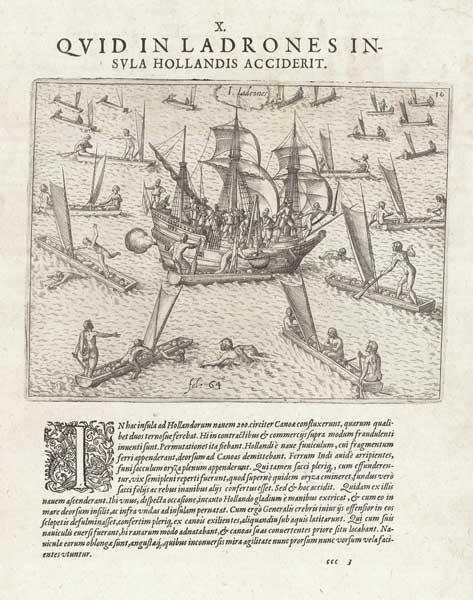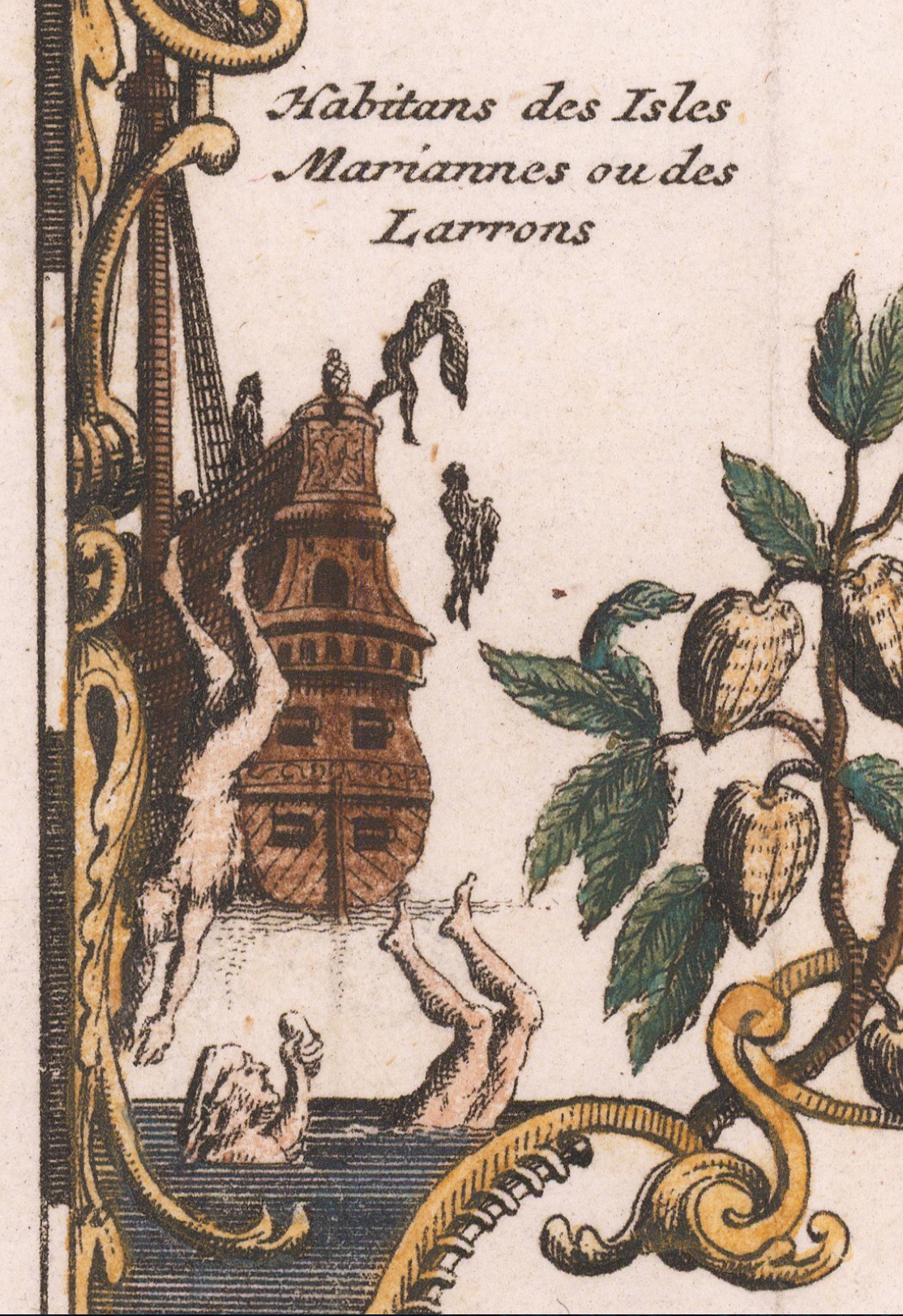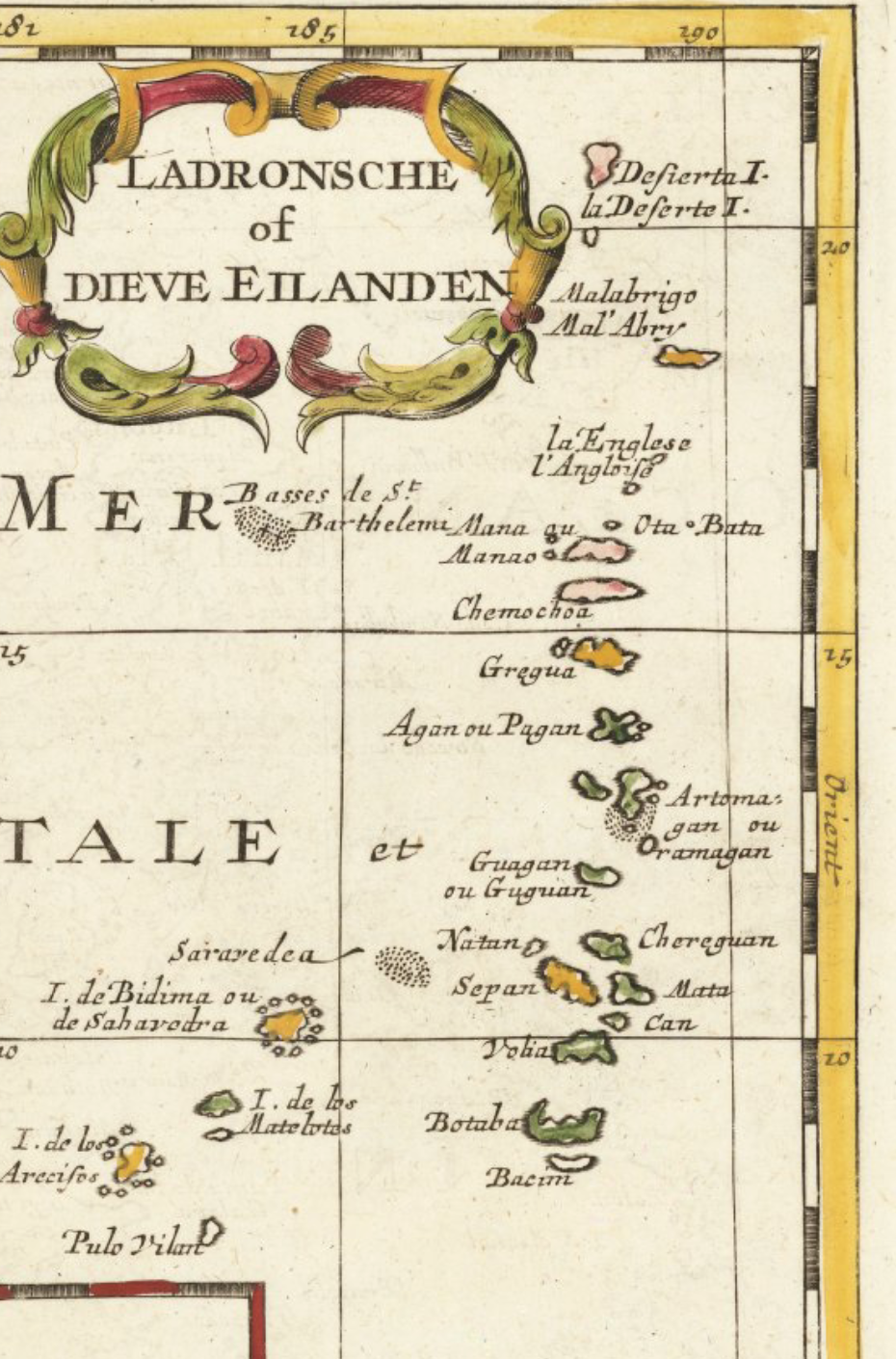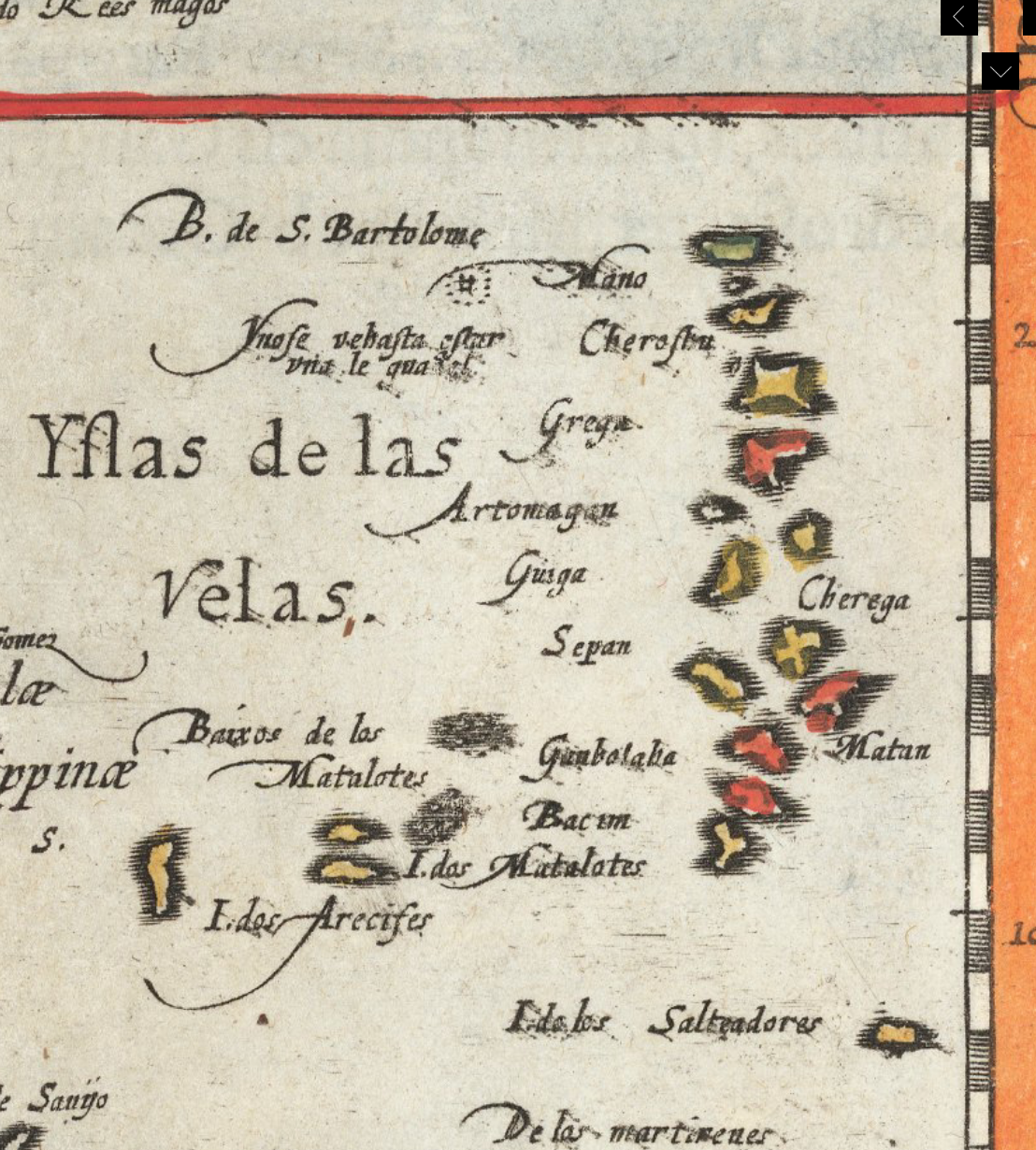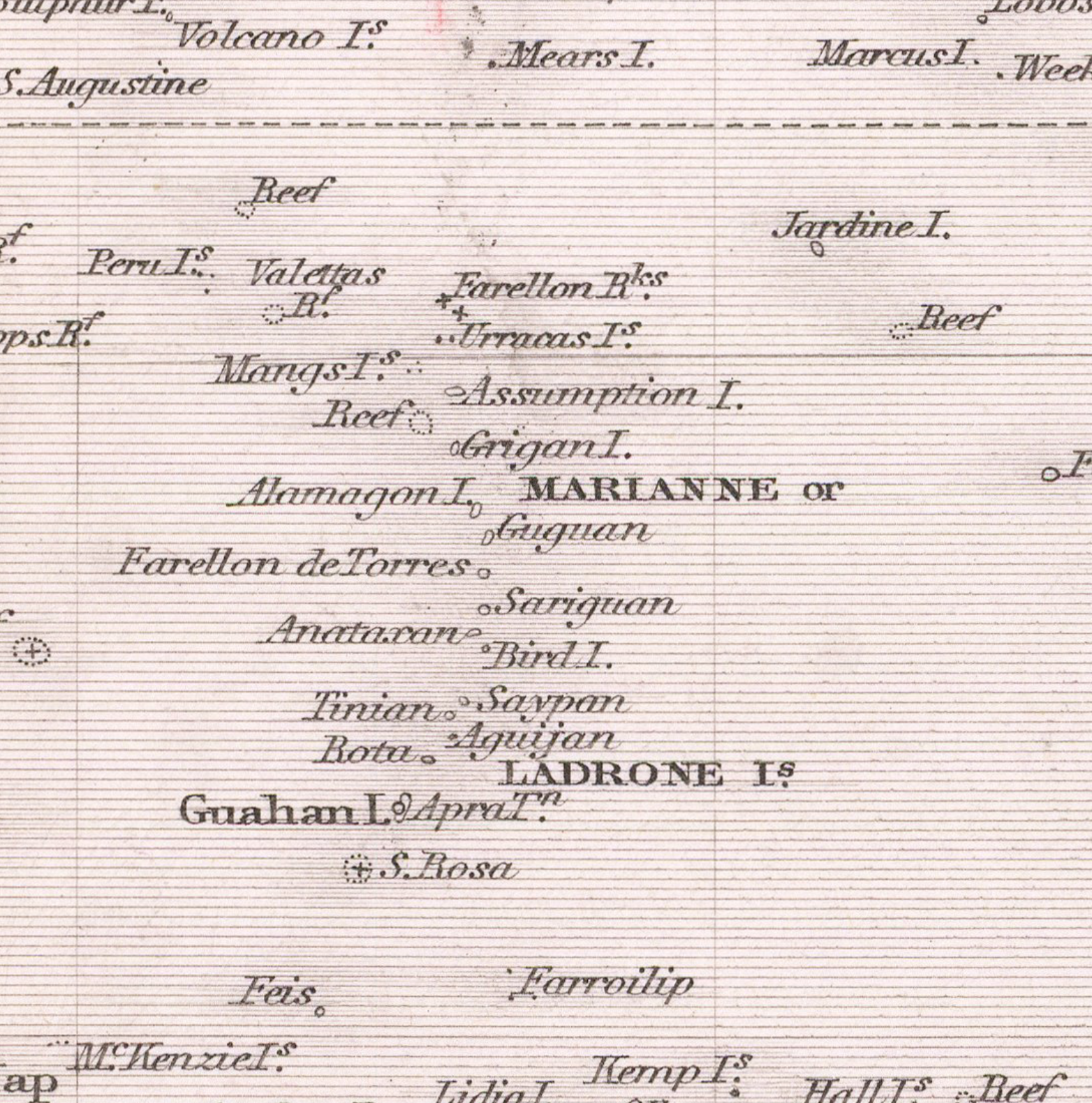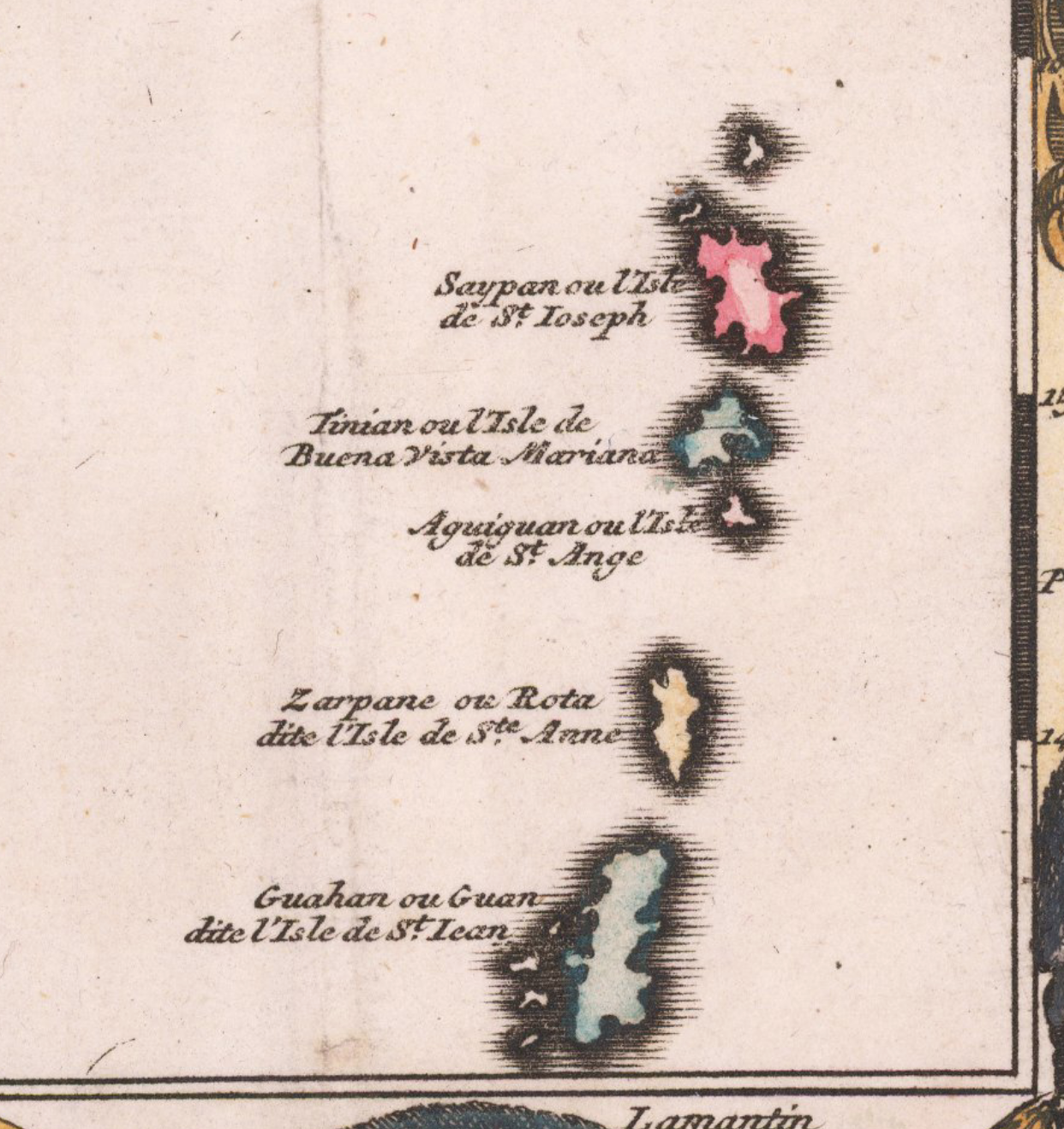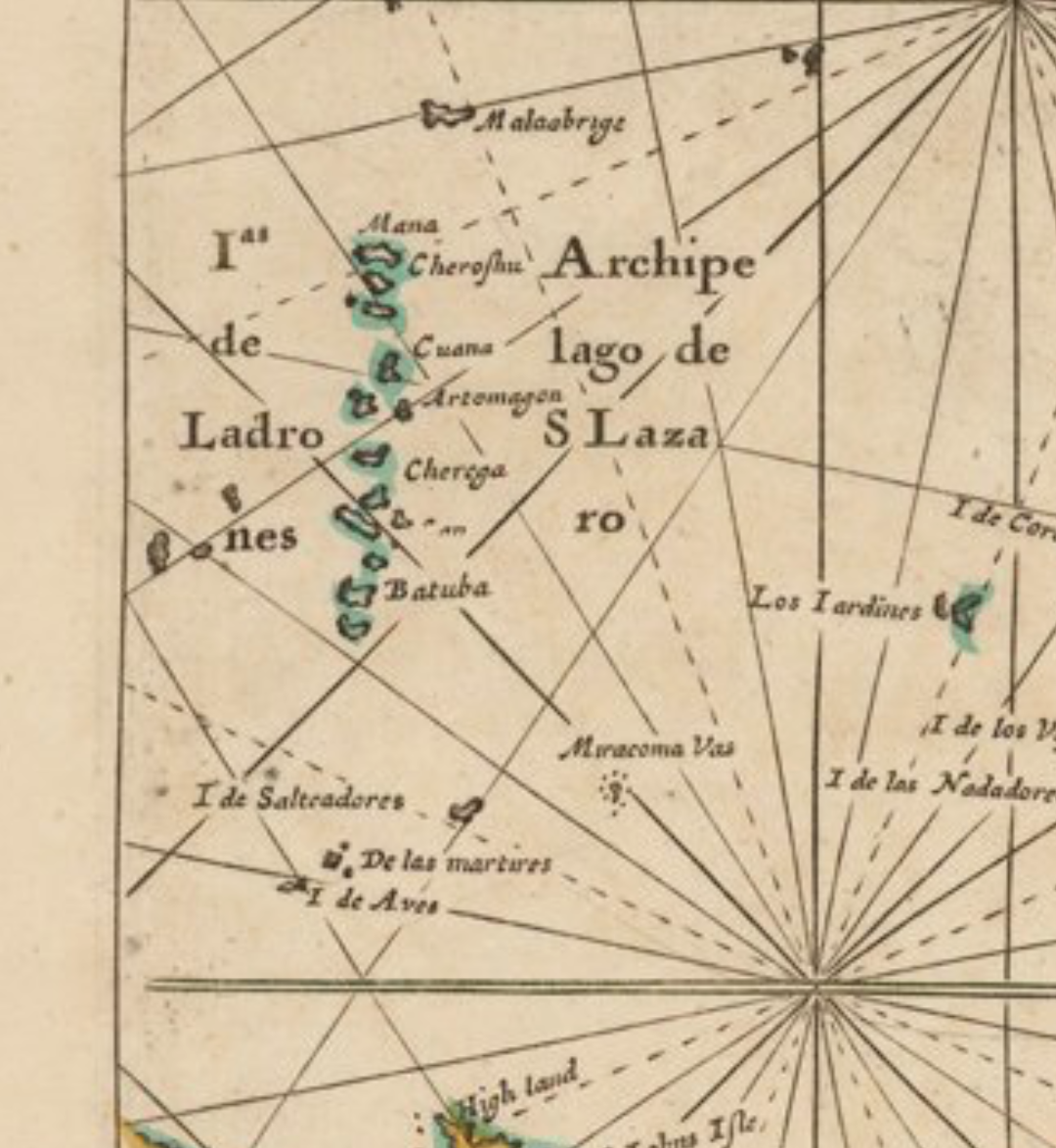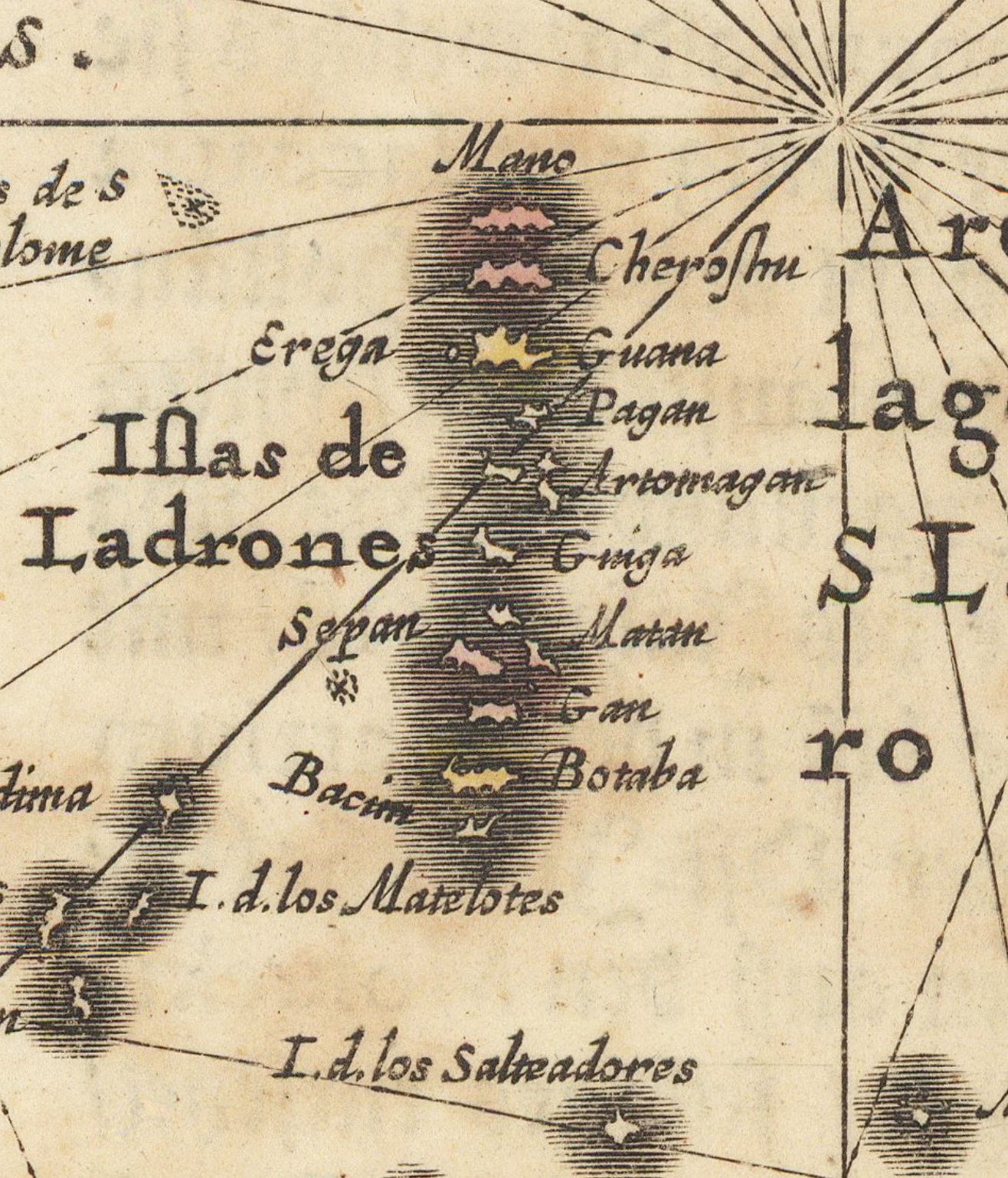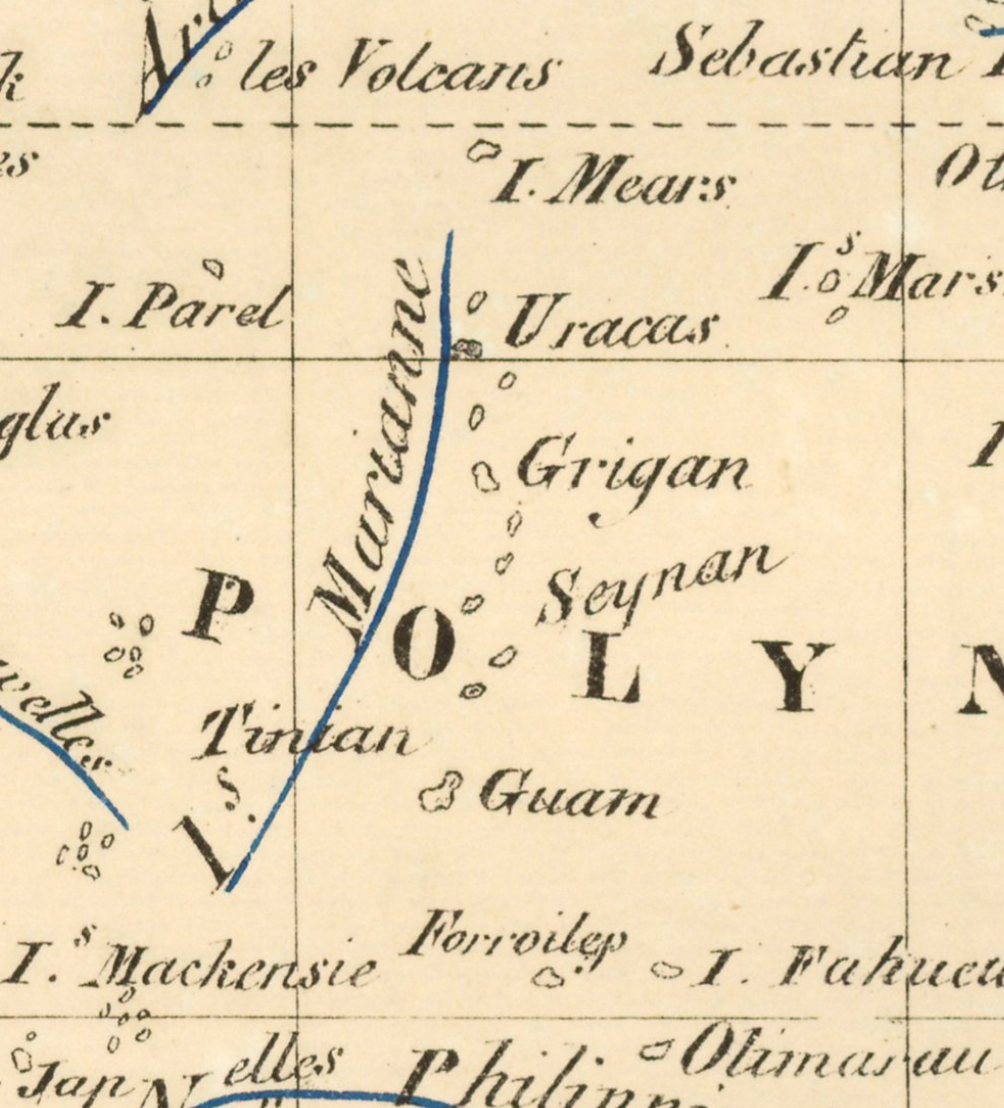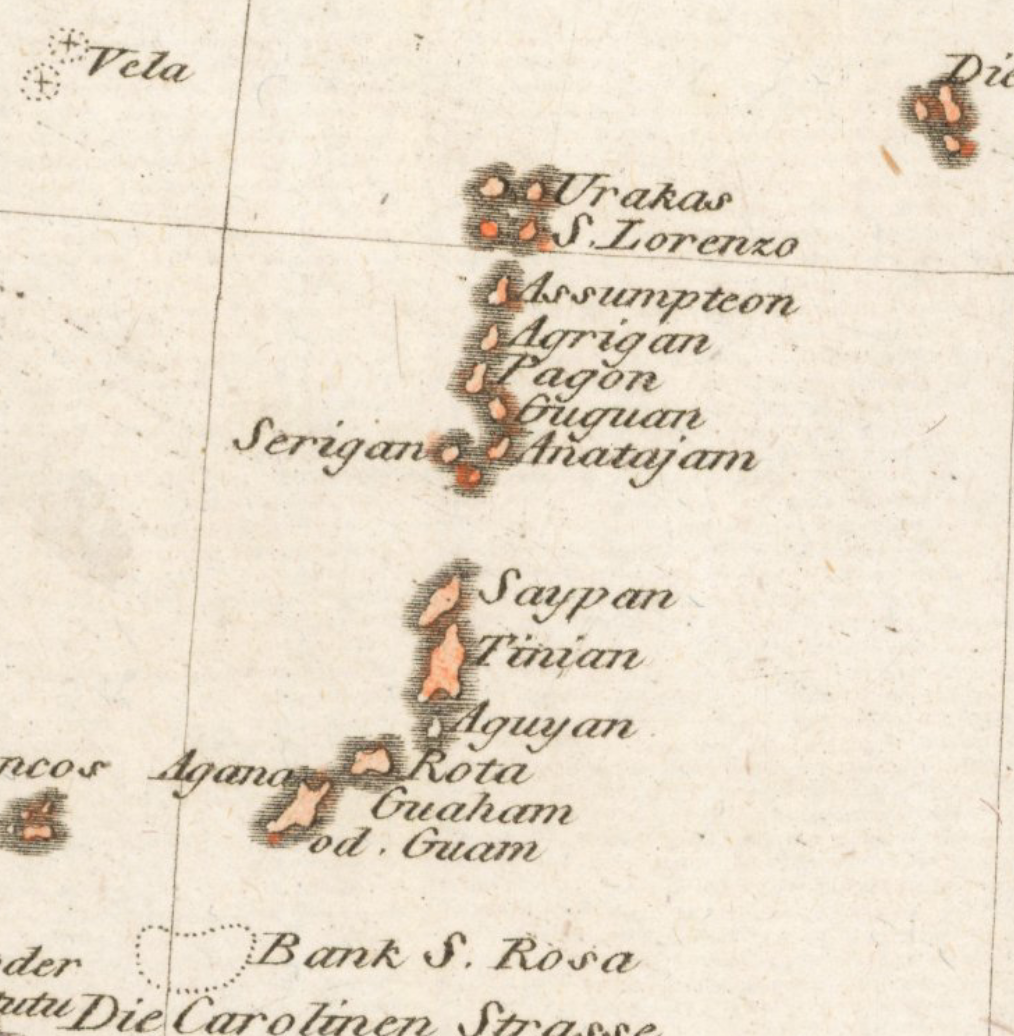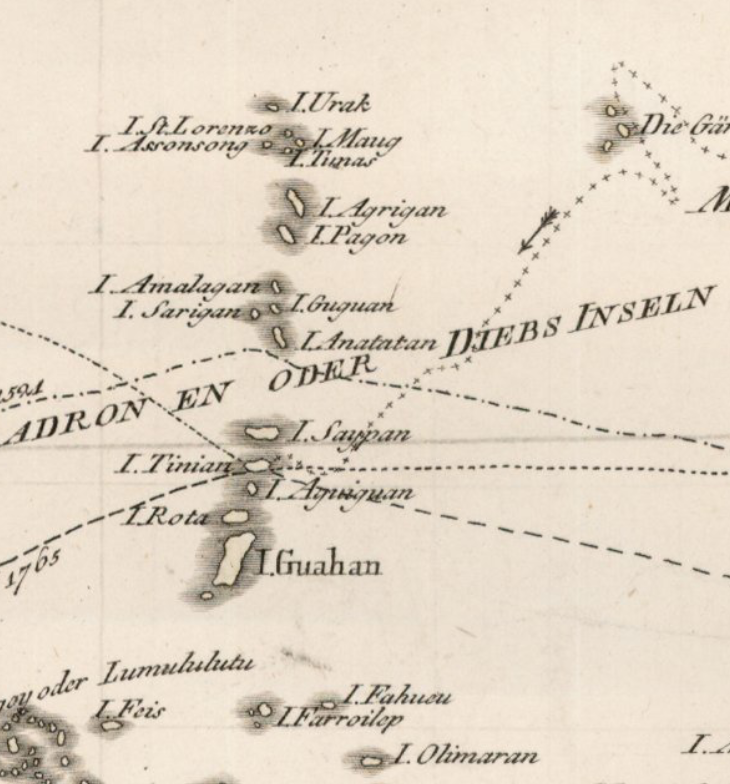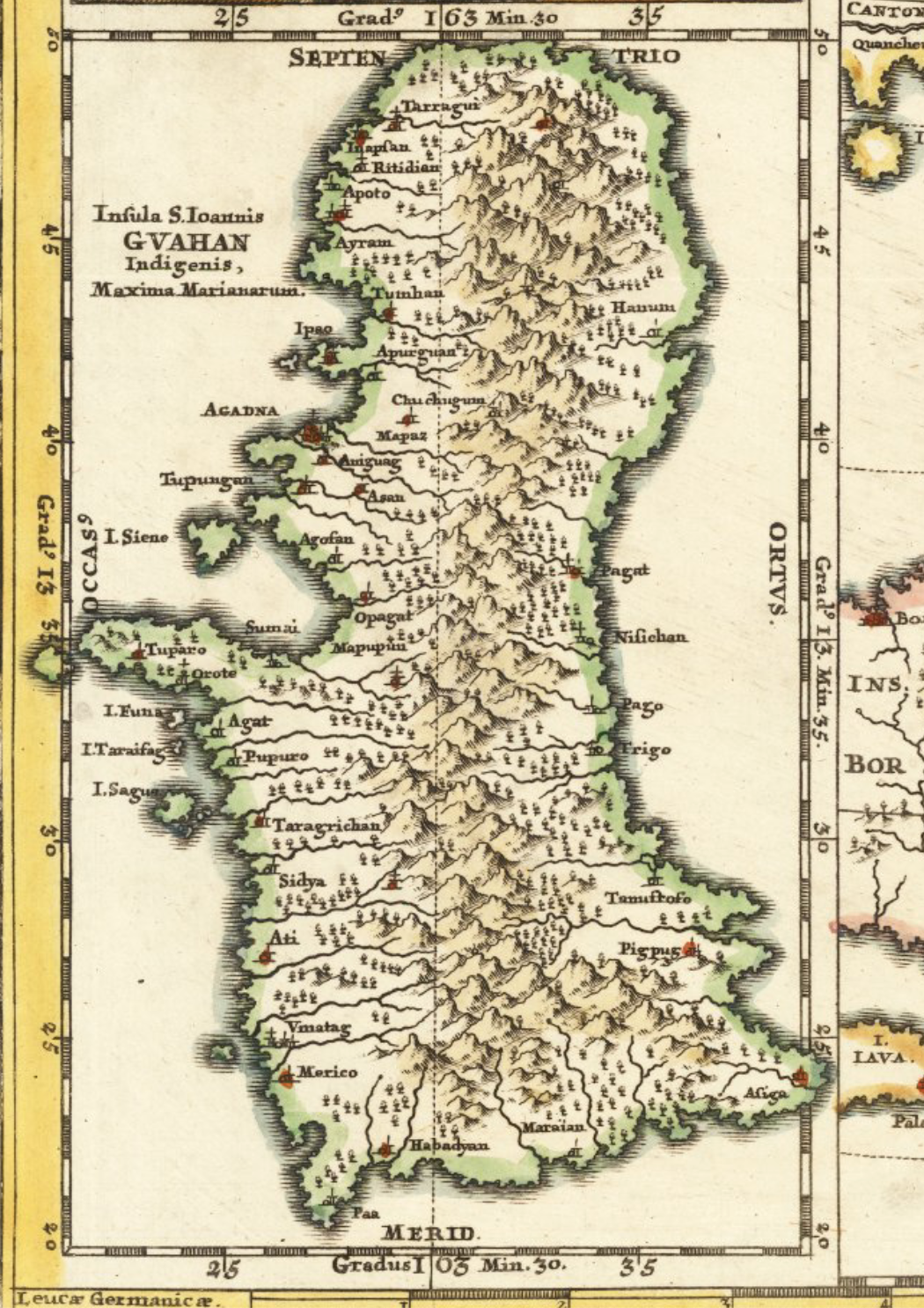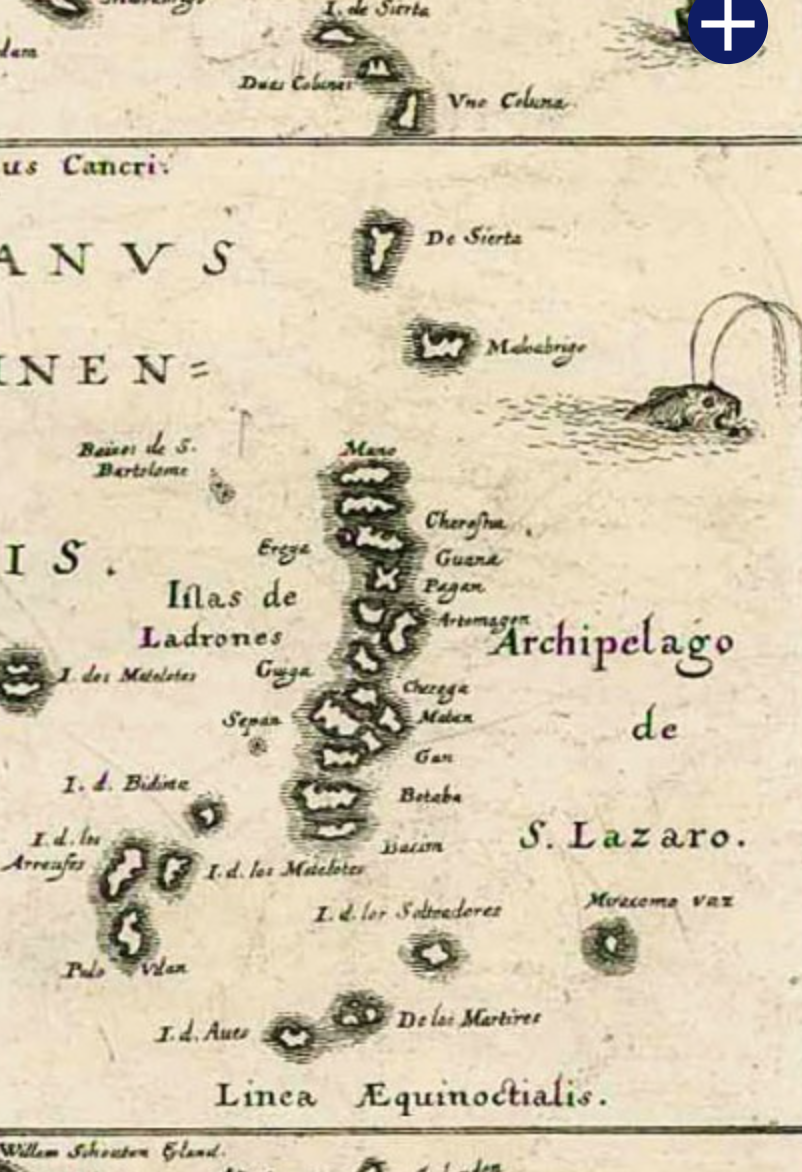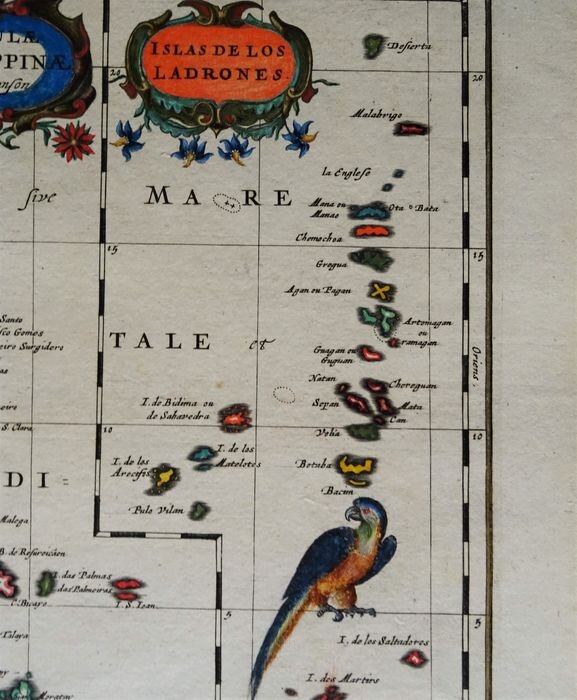Los Ladrones: How Historic Maps Illustrate What It Means To be An American
Historic maps are beautiful artifacts from oftentimes ugly eras. For many of us, European discovery meant genocide, and displacement for the survivors. The maps remind us how land has been exchanged between governments throughout the generations, how borders move, and how colonizing powers control the narrative.
The people commonly known today as Chamorro first inhabited the Marianas sometime between 1000 and 4500 years ago. Like many cultures, they referred to themselves in their own language as “people of the land,” i taotao tåno. When Ferdinand Magellan first landed on Guam in 1521, up to 3000 years after our ancestors, his crew was provided food and water from the natives. Then, the islanders took several items from his ship. Some might see this as reciprocity; Magellan saw it as theft. His response was to burn down several houses and kill half a dozen people. For nearly 500 years after that incident, i taotao tåno would be known around the world as Los Ladrones, thieves, and our archipelago was named such on every map. In 1668, the Jesuit missionary San Vitores renamed it “The Mariana Islands,” but maps continued to use variants of Los Ladrones, or used both names. At some point the Spanish started calling us “Chamorro” after the hairstyle of the men of the time; that was not our word.
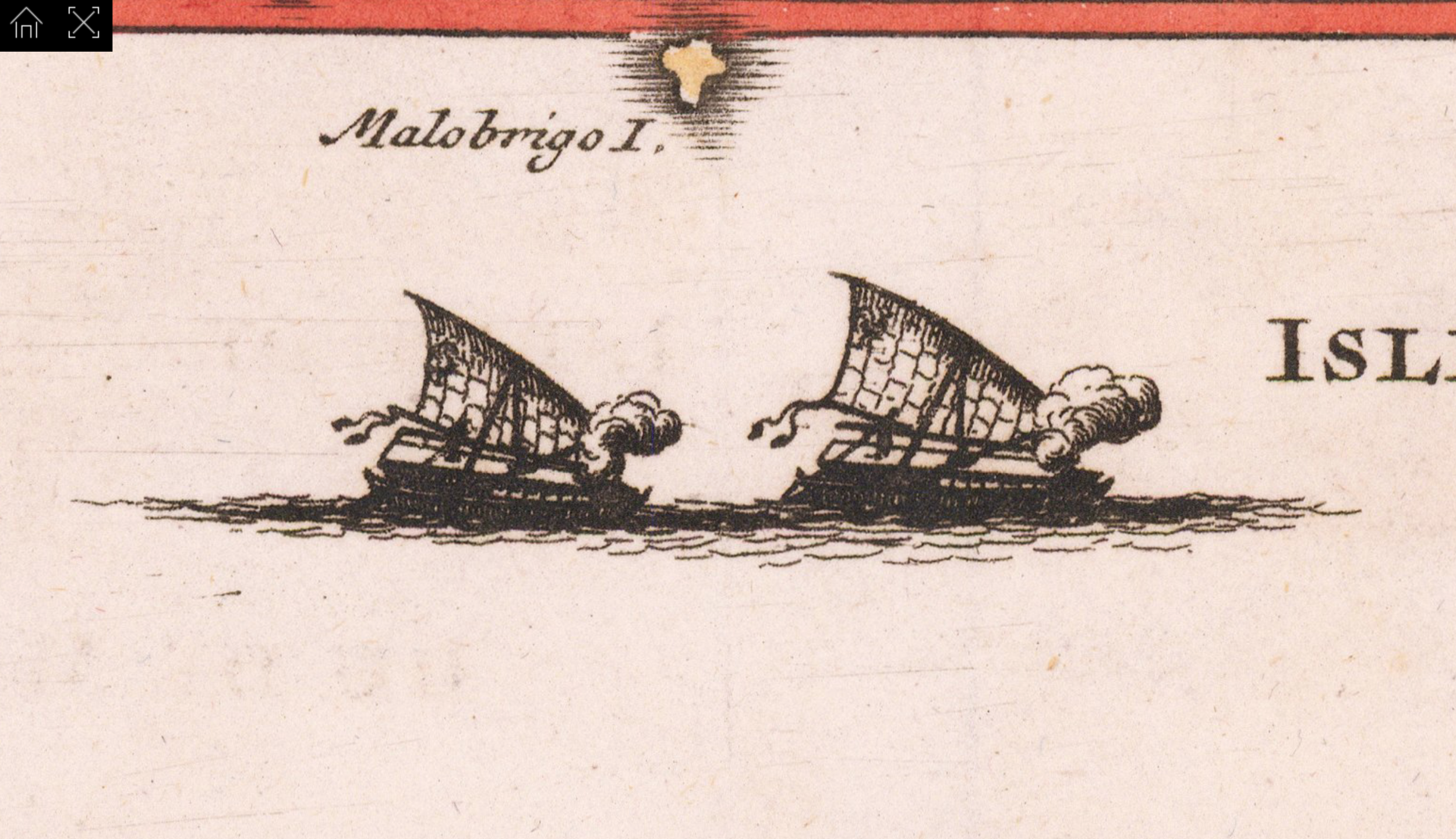
Throughout the 500 years of colonization that Guam endured after that encounter with Magellan, our people have been forcibly removed from our ancestral lands time and time again, and outside forces continue to separate us from our indigenous identity and decide for us how we were represented on the world stage. Our struggle with colonizing powers continues today as the United States military takes more and more of our land, clearing culturally significant sites and threatening to displace the inhabitants of northern islands.
The Marianas is just one example of how the identity of a place and of a people can flux over time as its exchanged across political powers. Guam itself can be found on maps as Botaba, Batuba, Betid, Guahan, Guan, Guahon, Guam, Gugeham, Guajam, and l’Isle de St. Leon. In a small reclamation of self identification, the term “Chamorro” is being updated to “Chamoru” to match our official orthography that was adopted in the 1980’s.
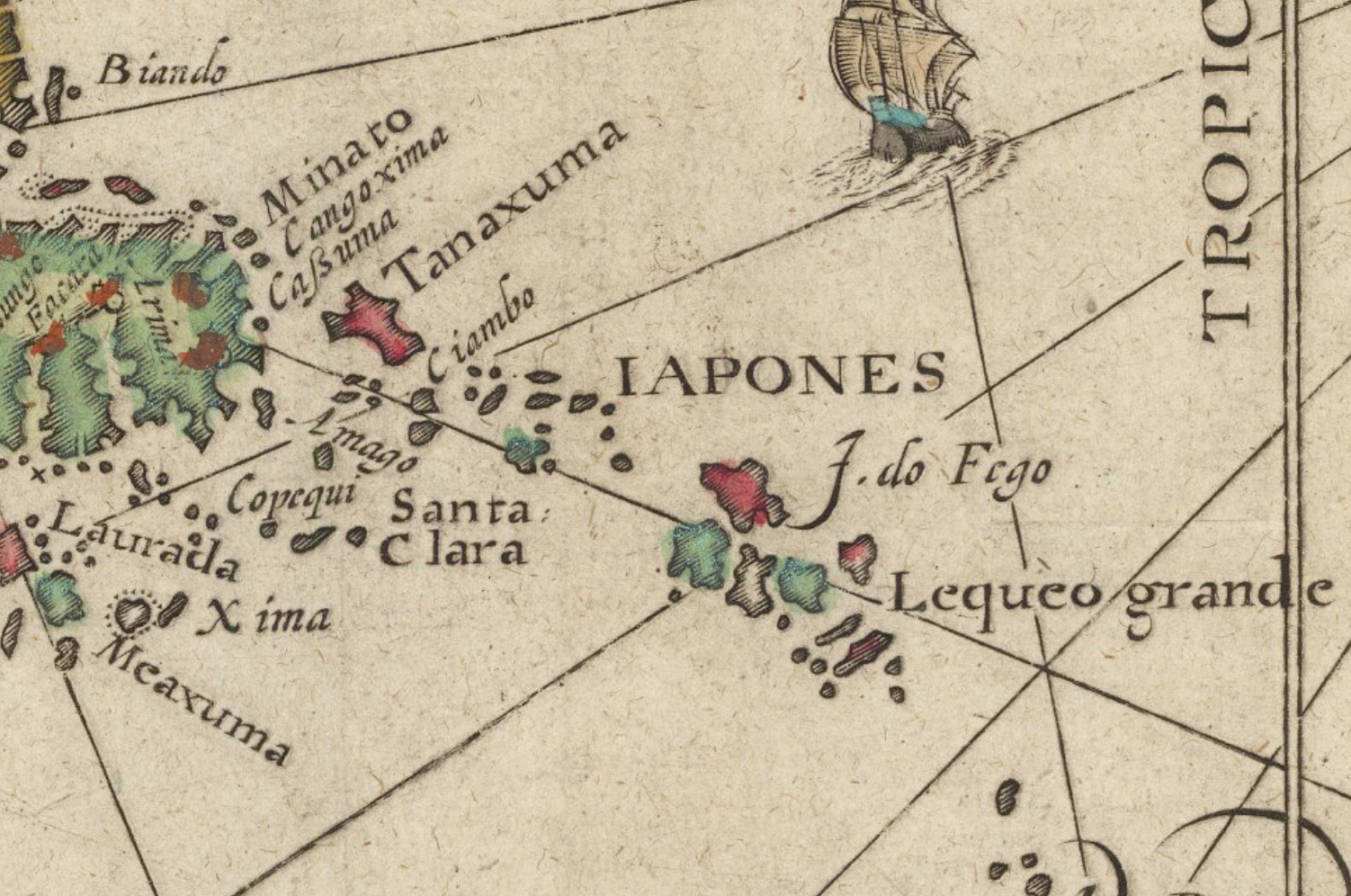
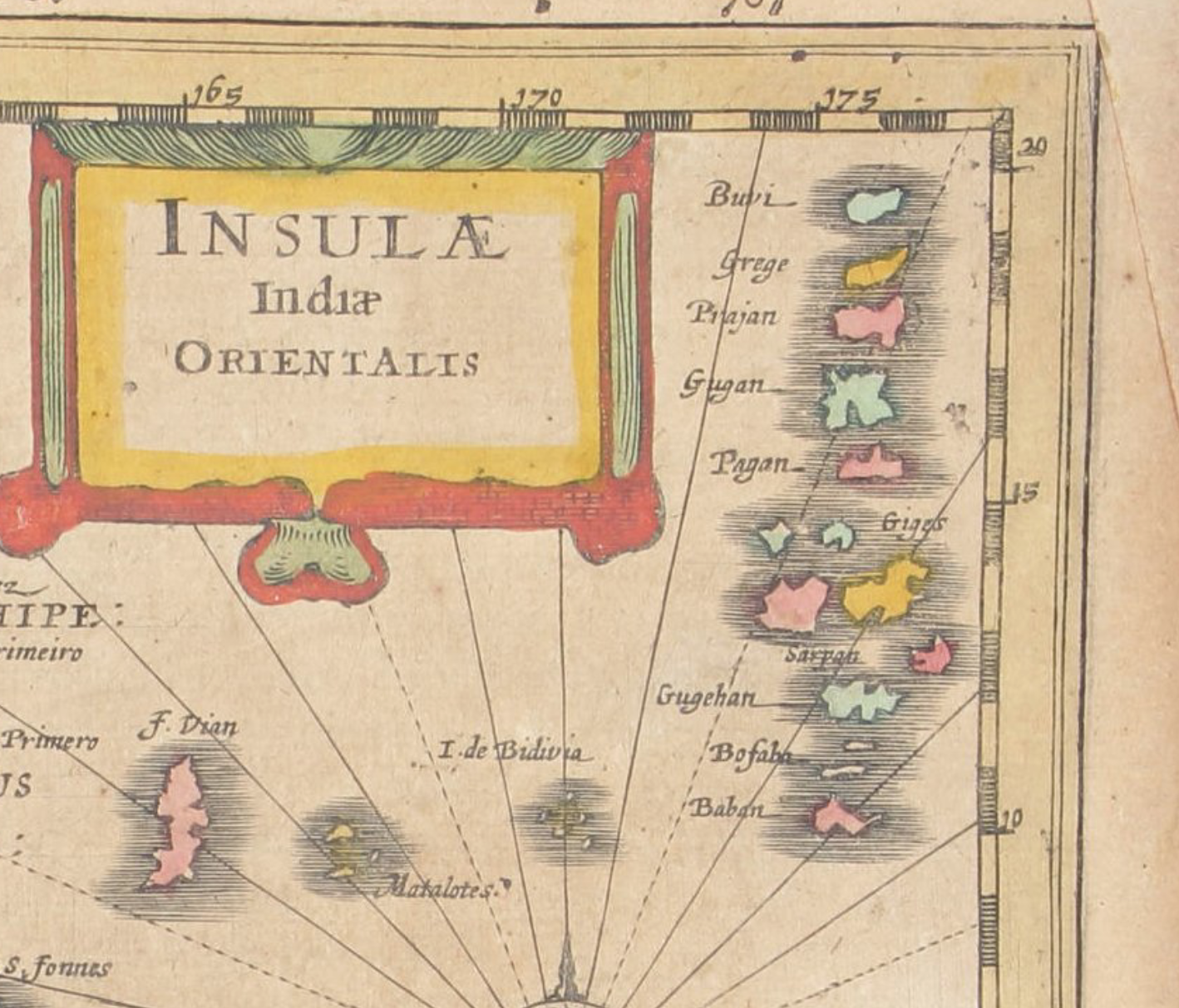
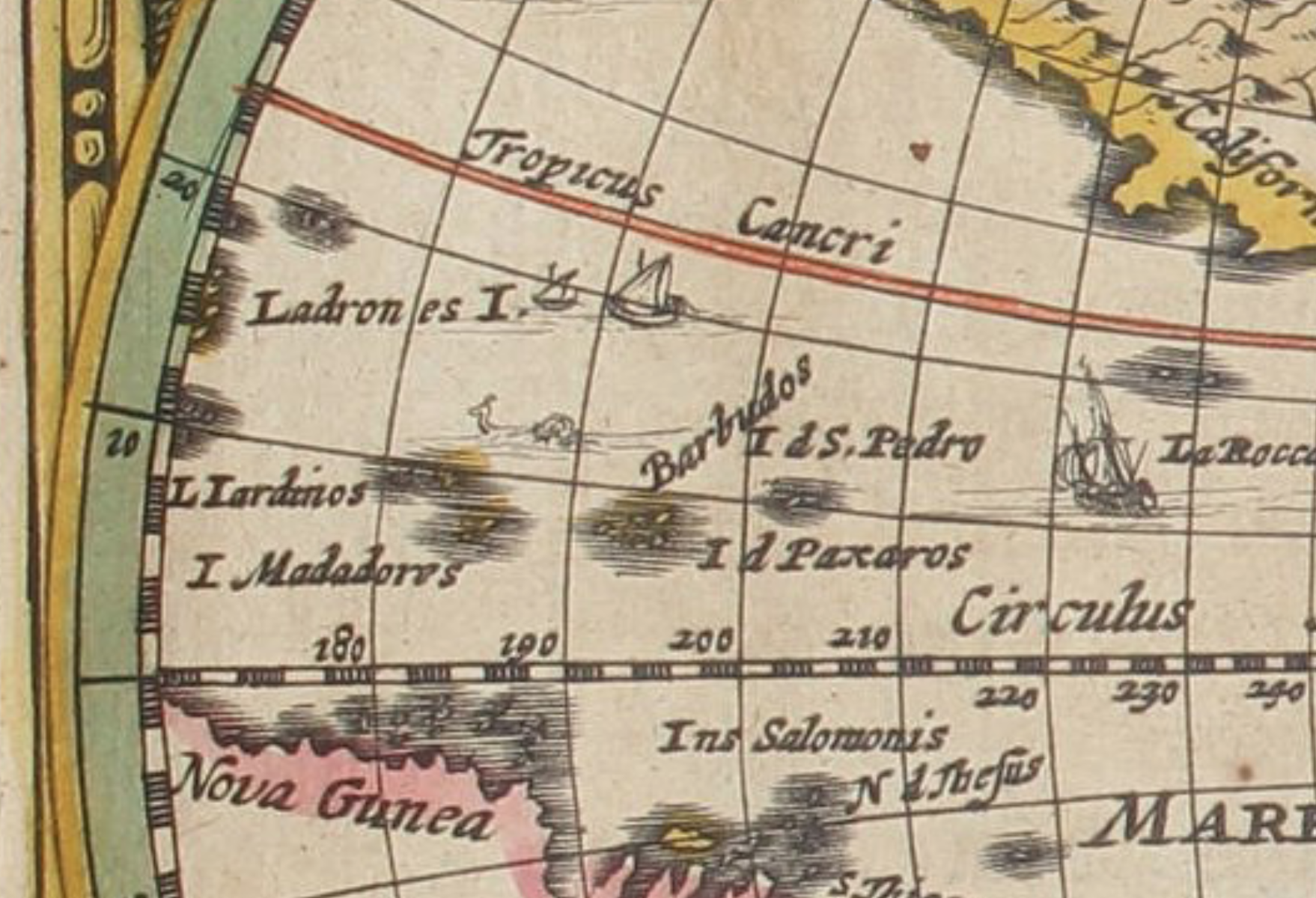
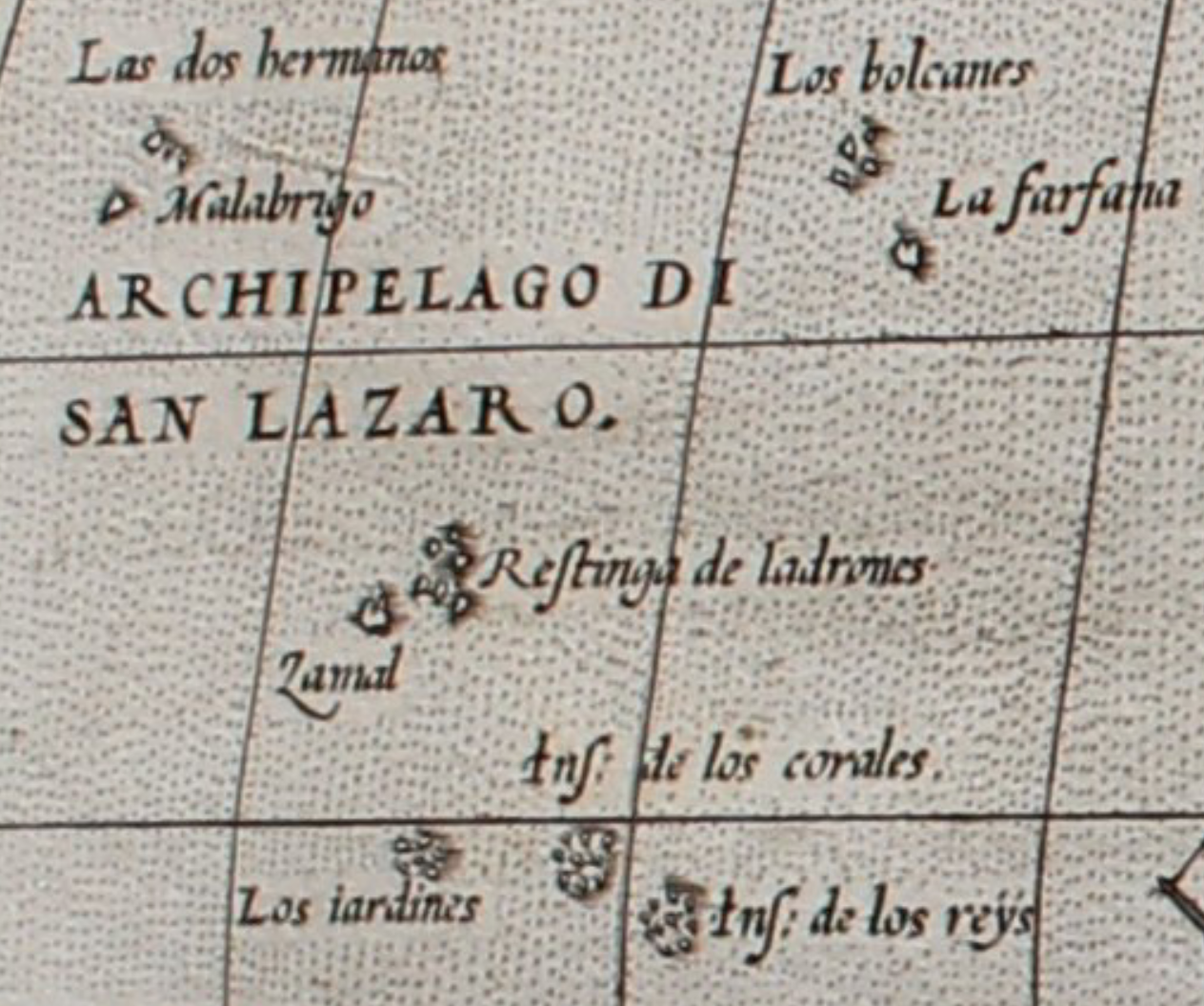
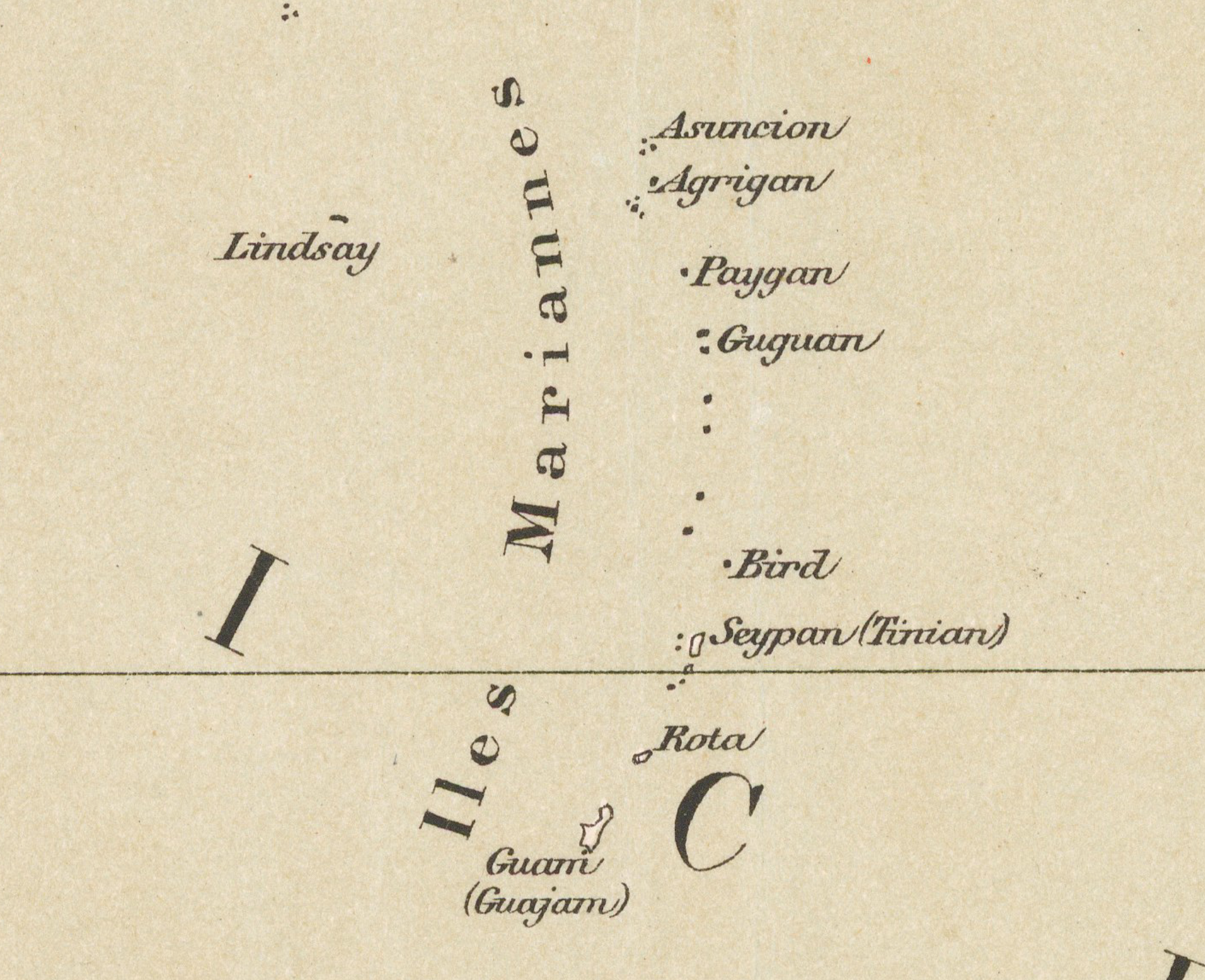
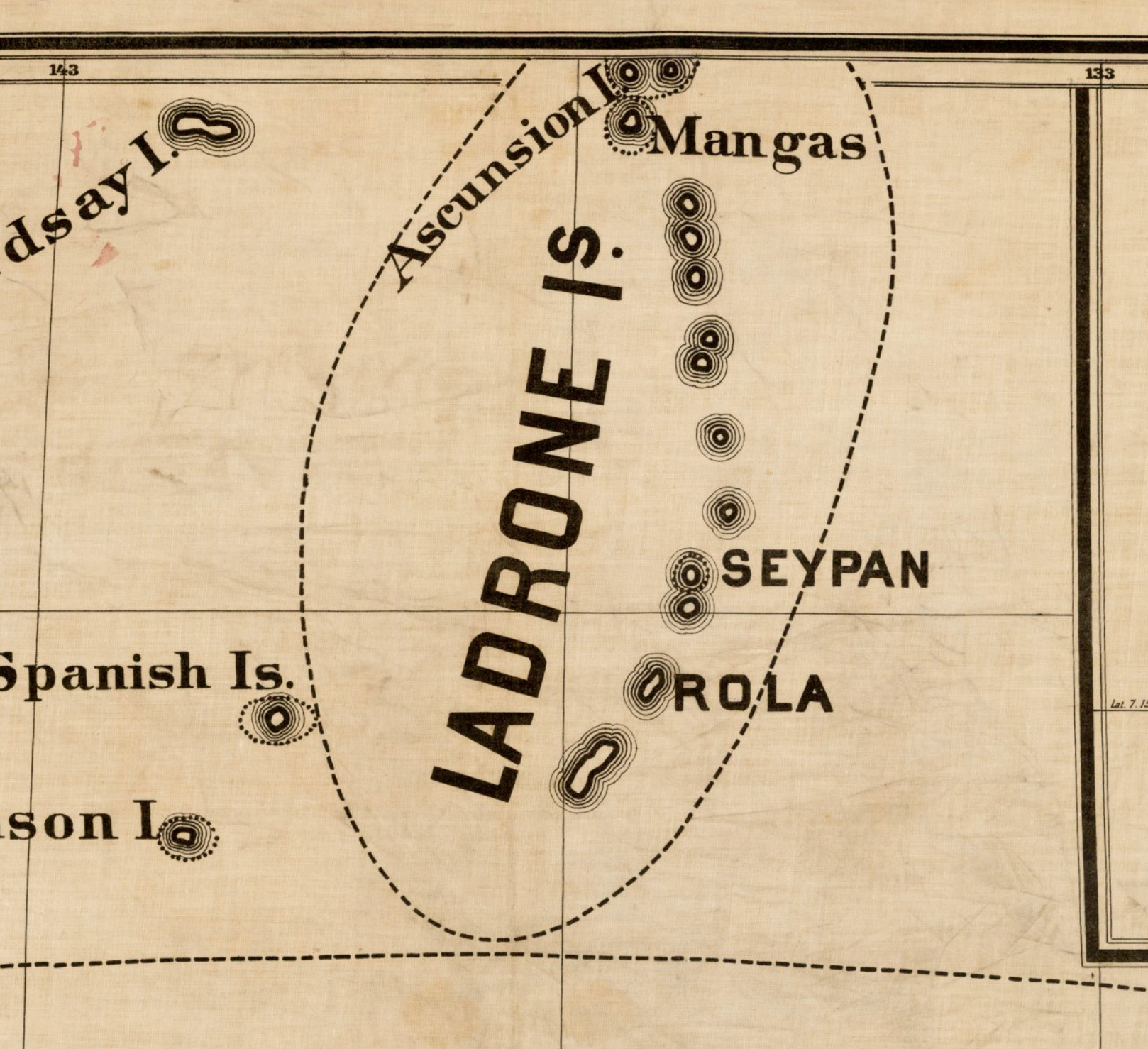
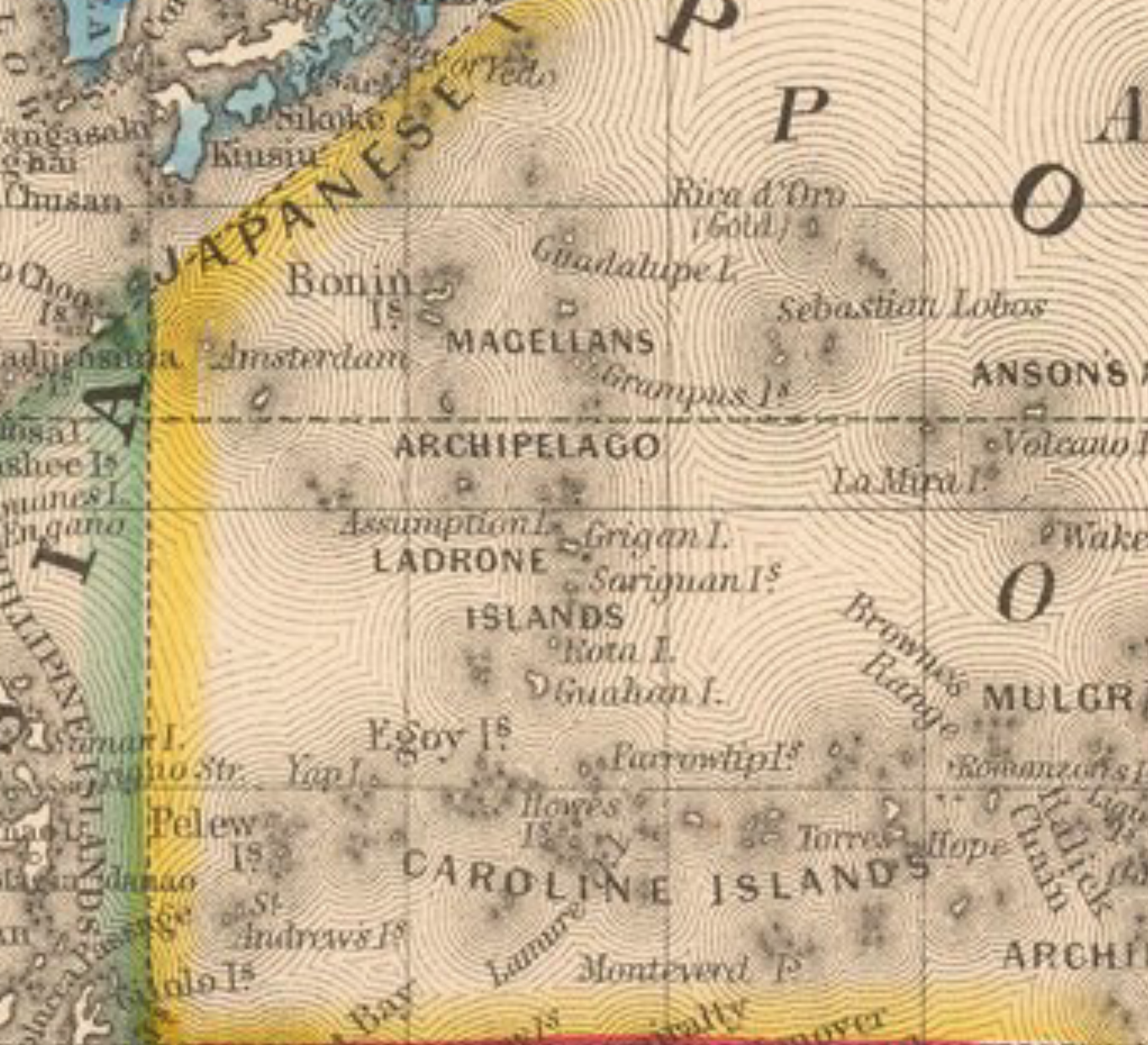
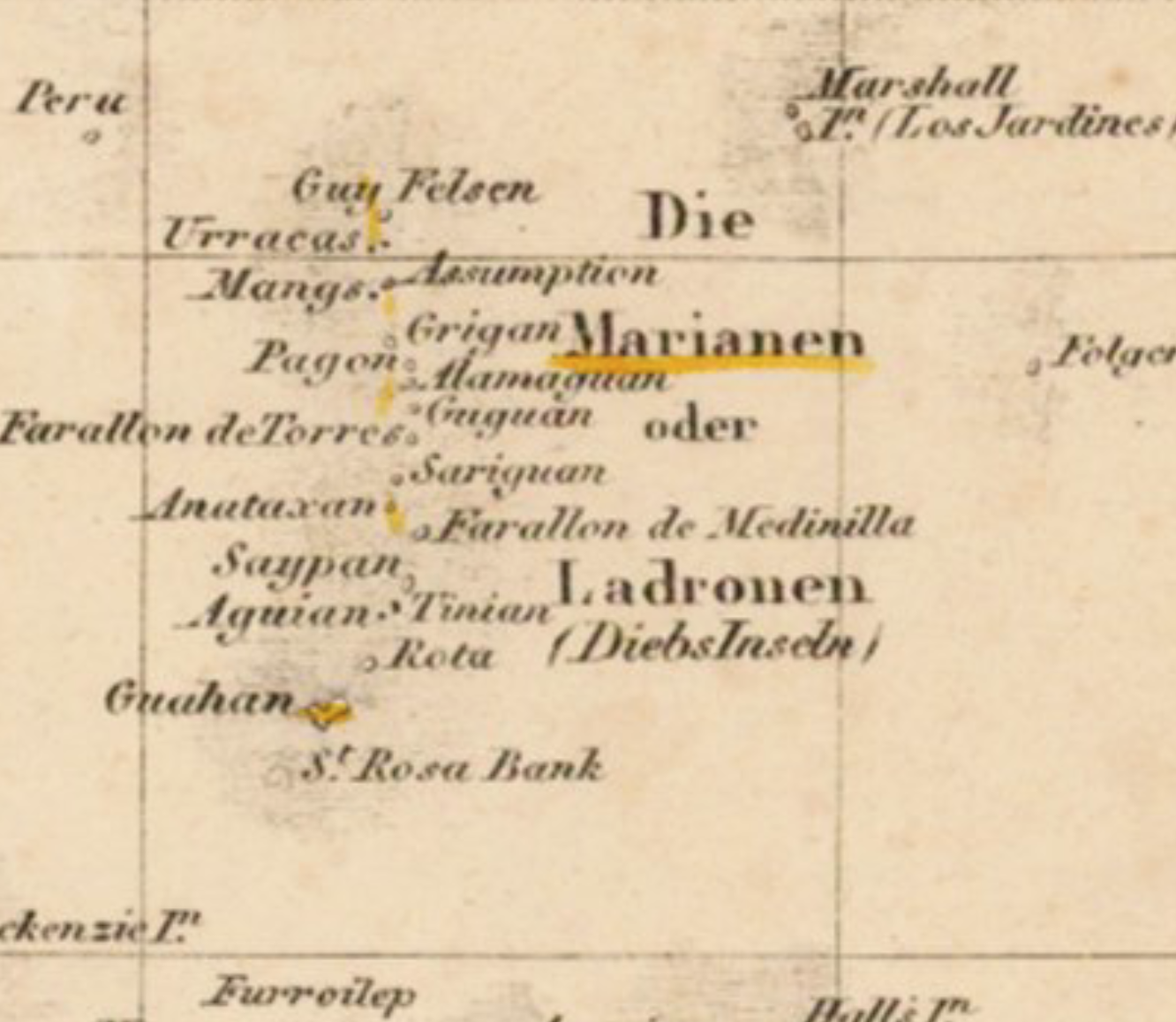
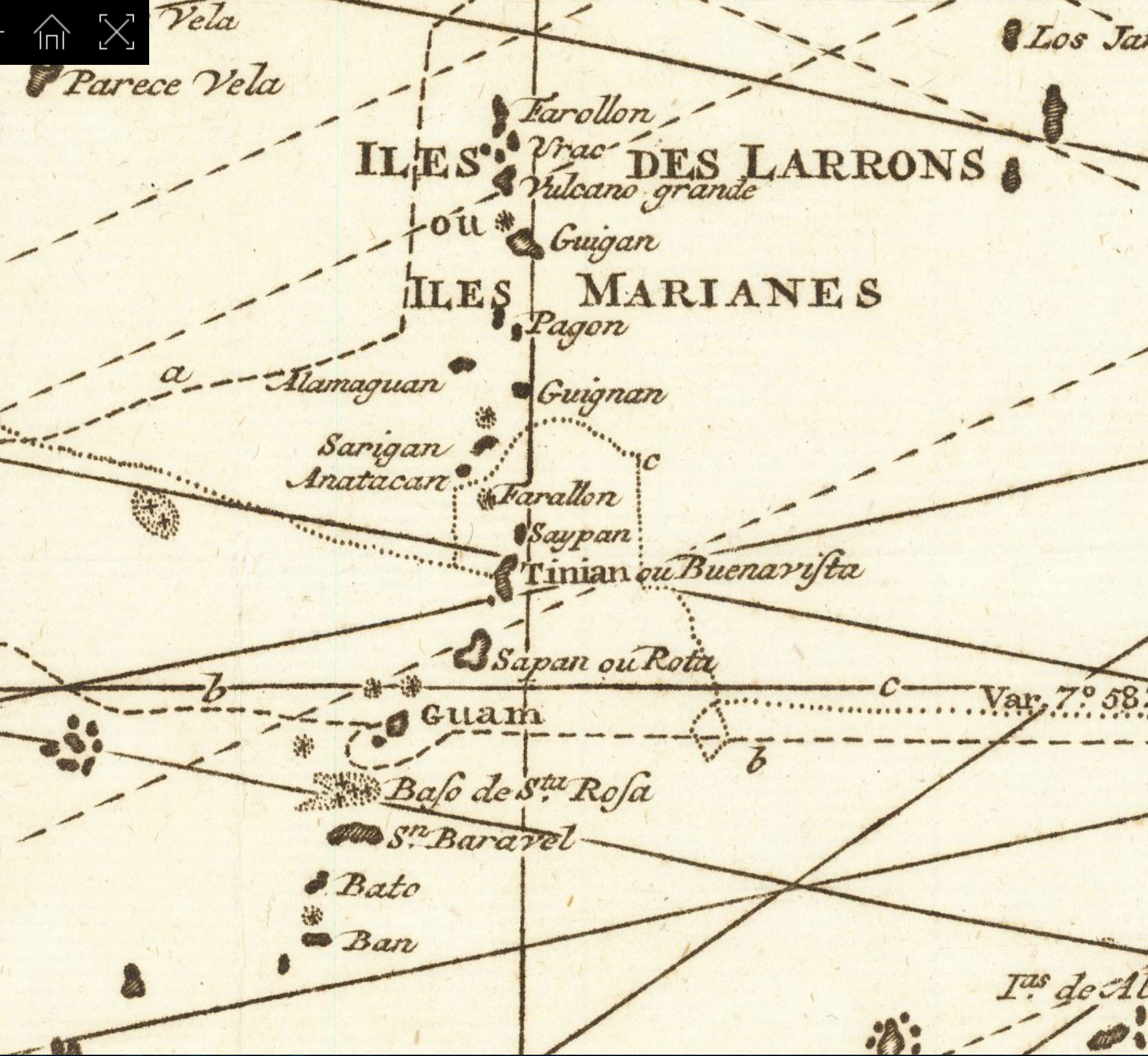
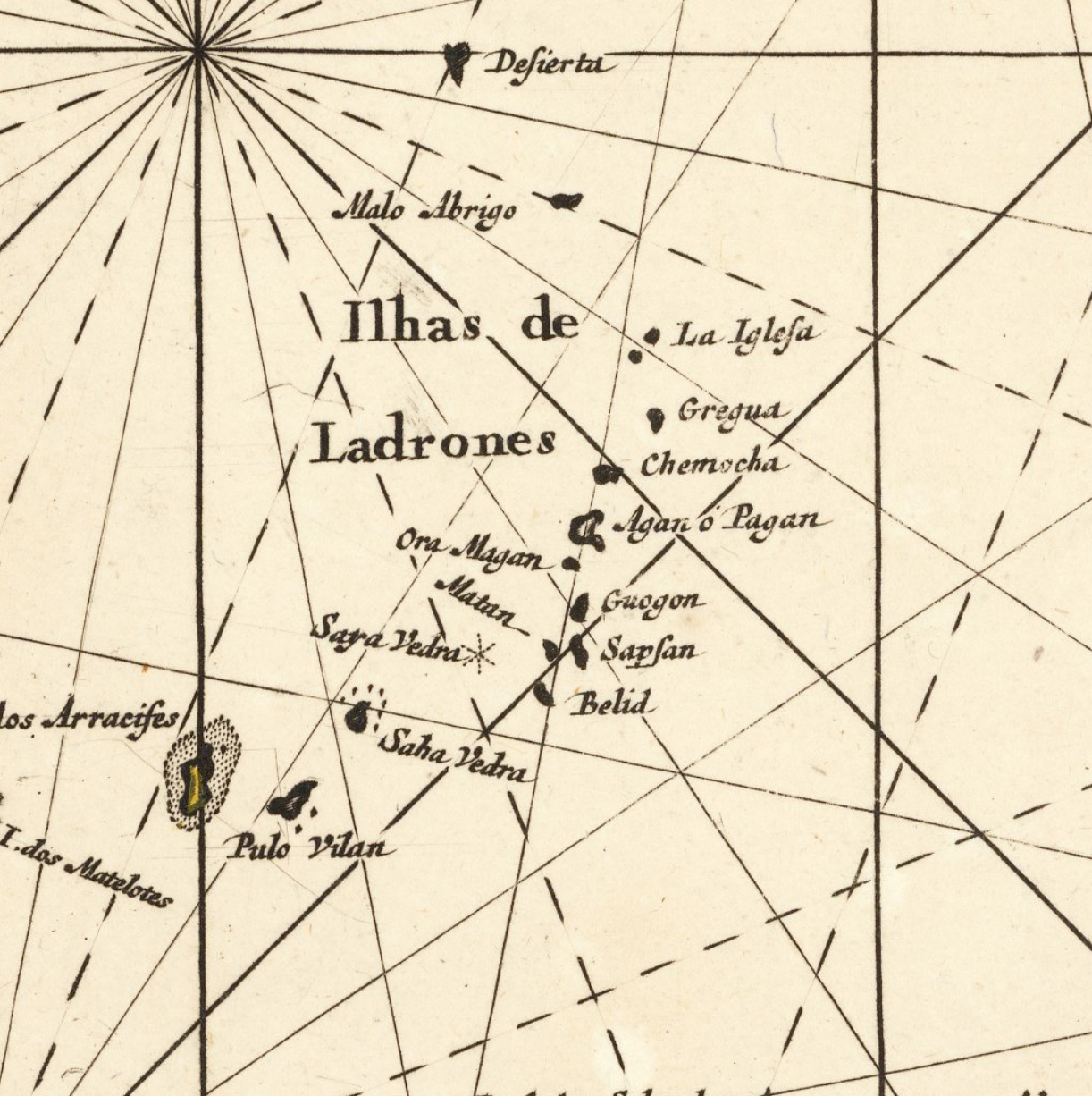
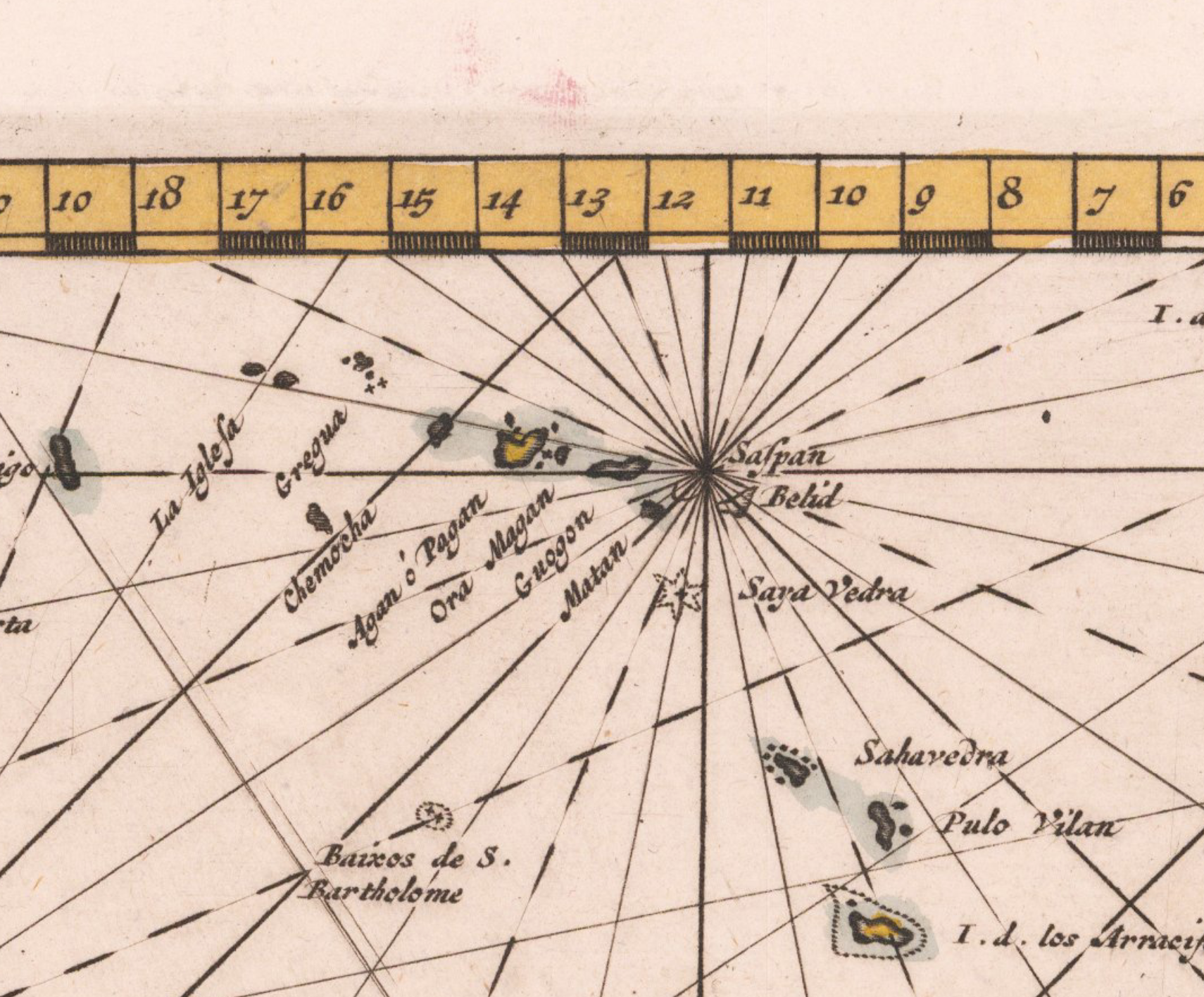
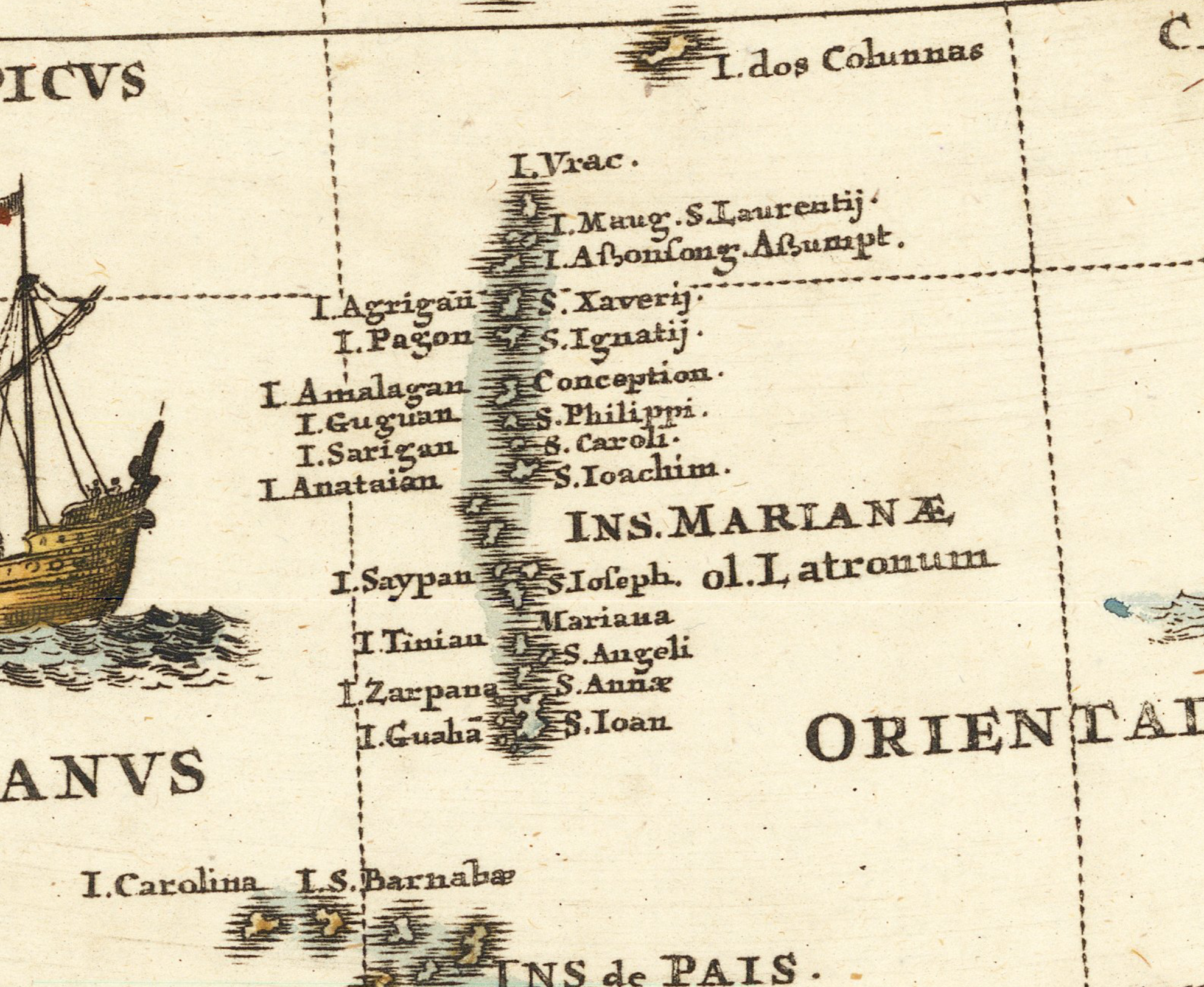
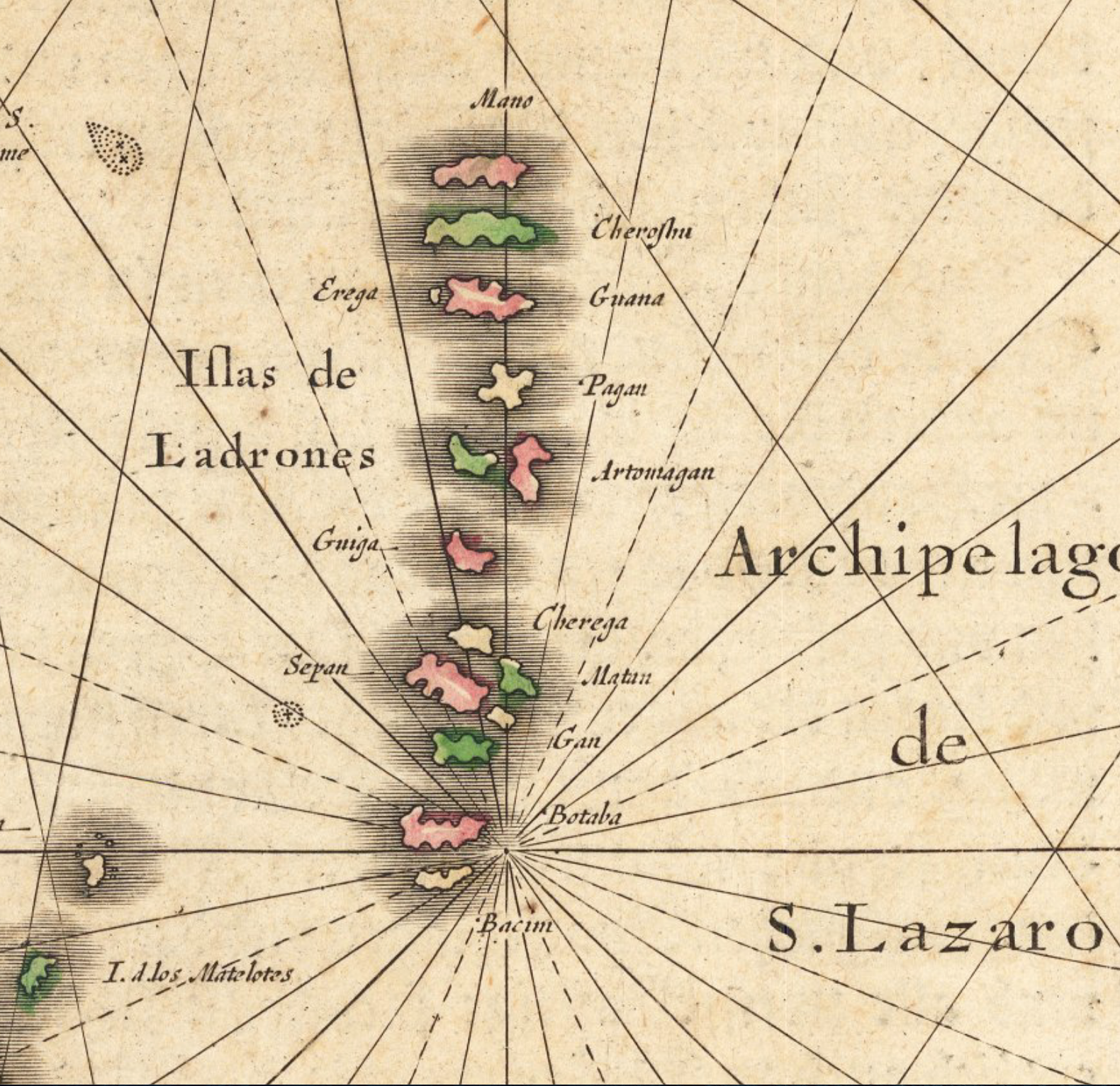
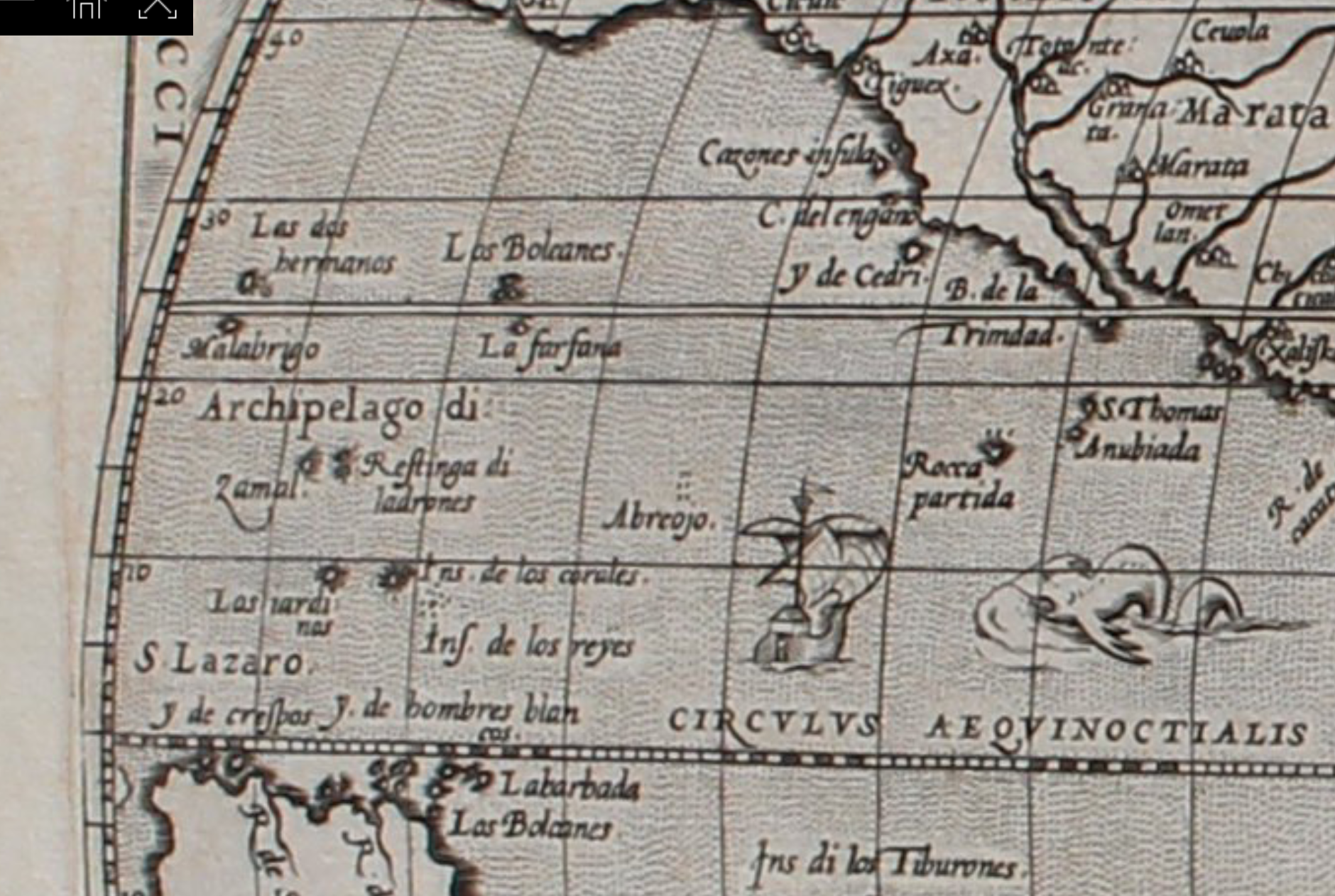
There is an extreme sense of loyalty to the United States ever since American forces fought off the Japanese occupation of Guam. Chamoru who were held in concentration camps, including my grandparents, who were children at the time, were gifted liberation in place of another genocide. Every July since then, Liberation Day is the biggest celebration of the people of Guam. Our elders have shared their stories of horror and survival, and ask us that we never forget.
Currently, on the 76th anniversary of Guam’s liberation, there are more Chamoru living off-island than in the Marianas. For those of us who live on the mainland, we are inhabiting lands stolen from another indigenous people, in a country built by enslaved people. While we’re here, let’s be good guests. Let us remember how colonizing powers remove people from their land, how they label people criminals, how they extract labor and land from our communities. Let’s acknowledge that our prisons and ICE detention centers are nothing more than concentration camps. Let’s honor the experiences of our manamko’ by standing in solidarity with Native Americans, Central and South Americans, and Black Americans, and demanding liberation for detainees of the American government.
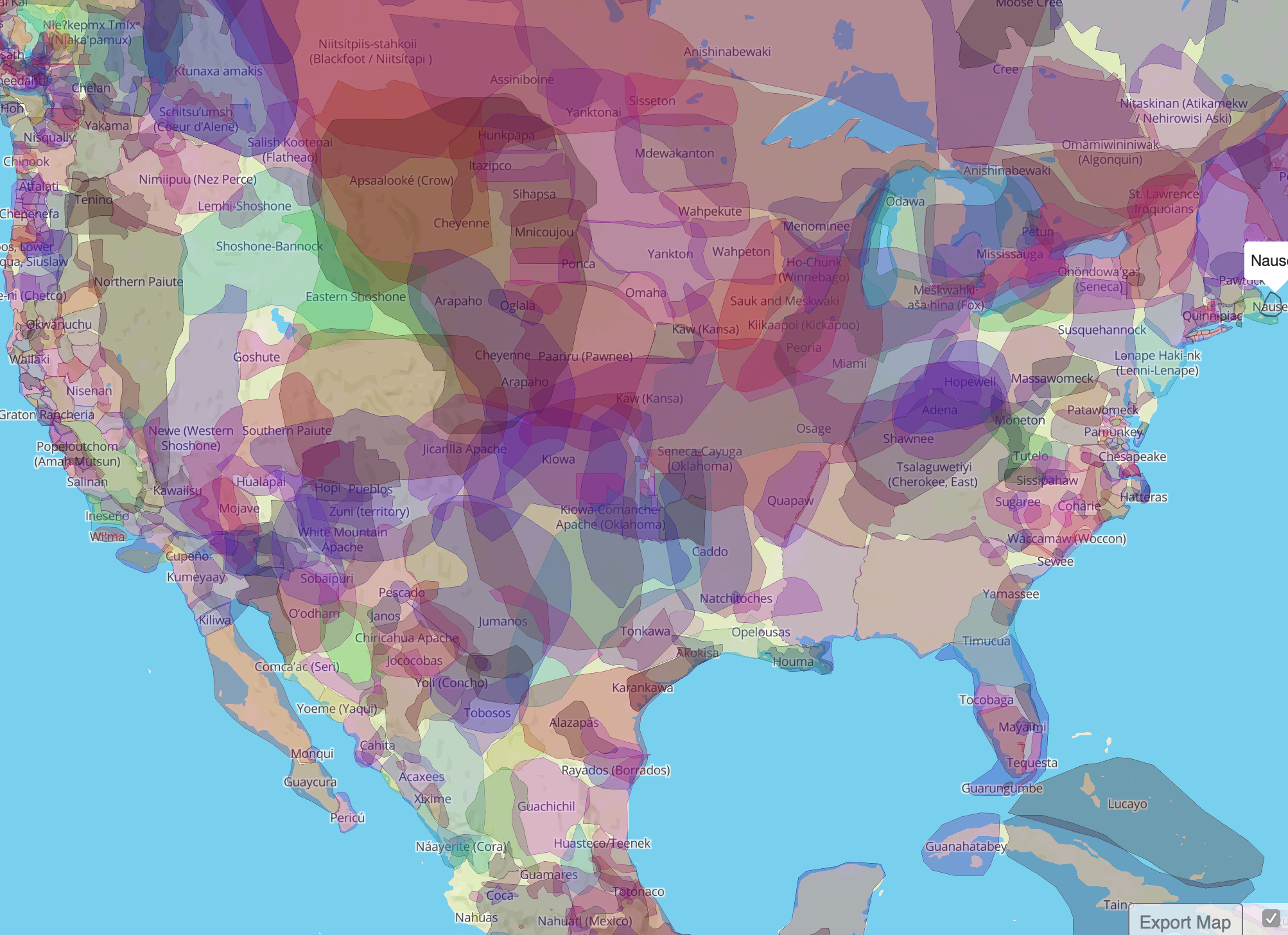
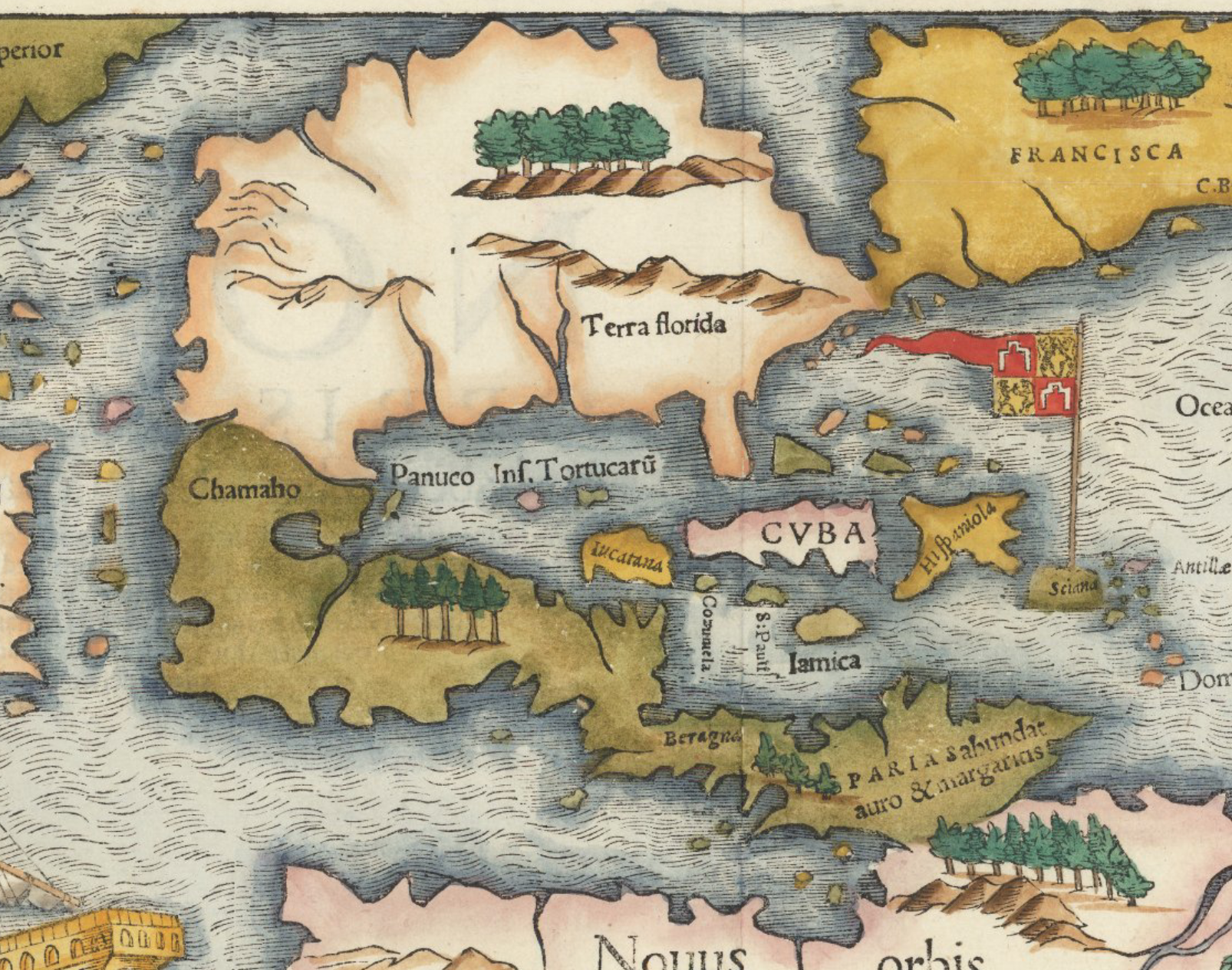
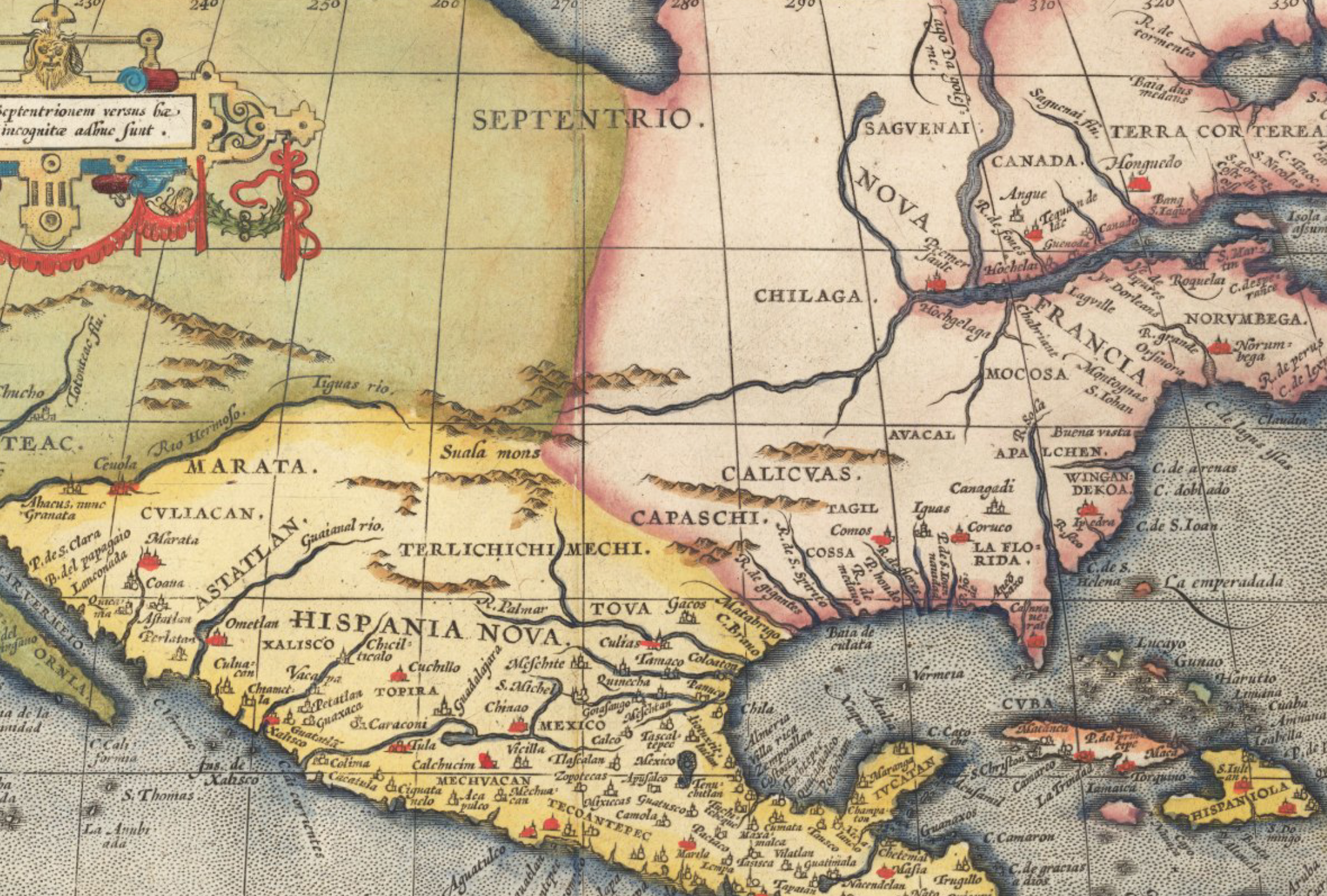
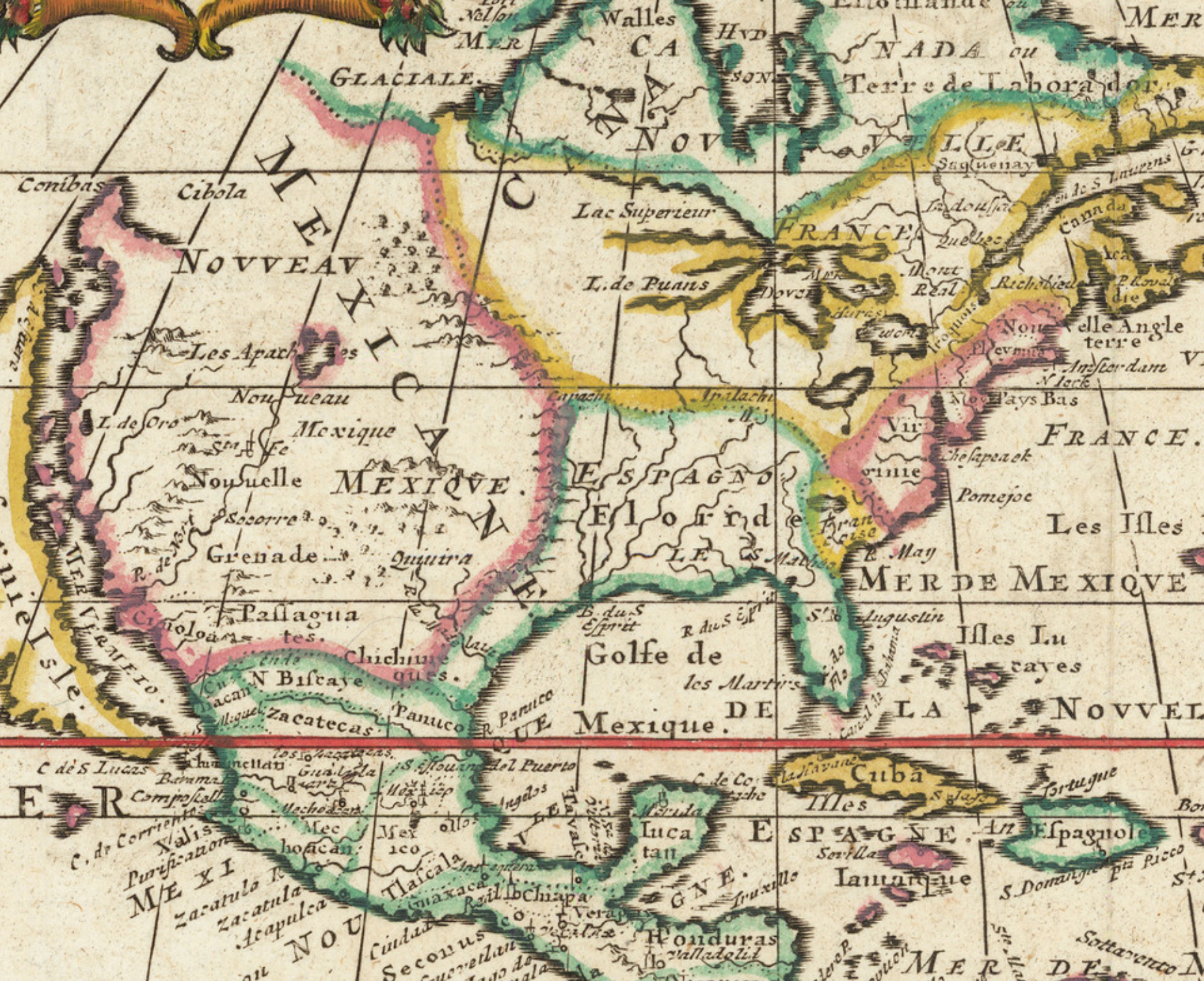
If you want to celebrate Guam Liberation, do more than just barbecue. Consider donating to the ACLU or Raices, or another organization that works on behalf of immigration reform, police reform, criminal justice reform, or a bail fund of your choice. For those of you who are able to vote, remember your history when you do. For the Chamoru who have an unwavering loyalty to the United States, remember that this country was designed to be by the people, for the people, and demanding America to be a better country for all of its people is the best thing you can do as an American citizen. And for the other Americans reading this, please stand with us in our continued fights with colonization.
Biba!

